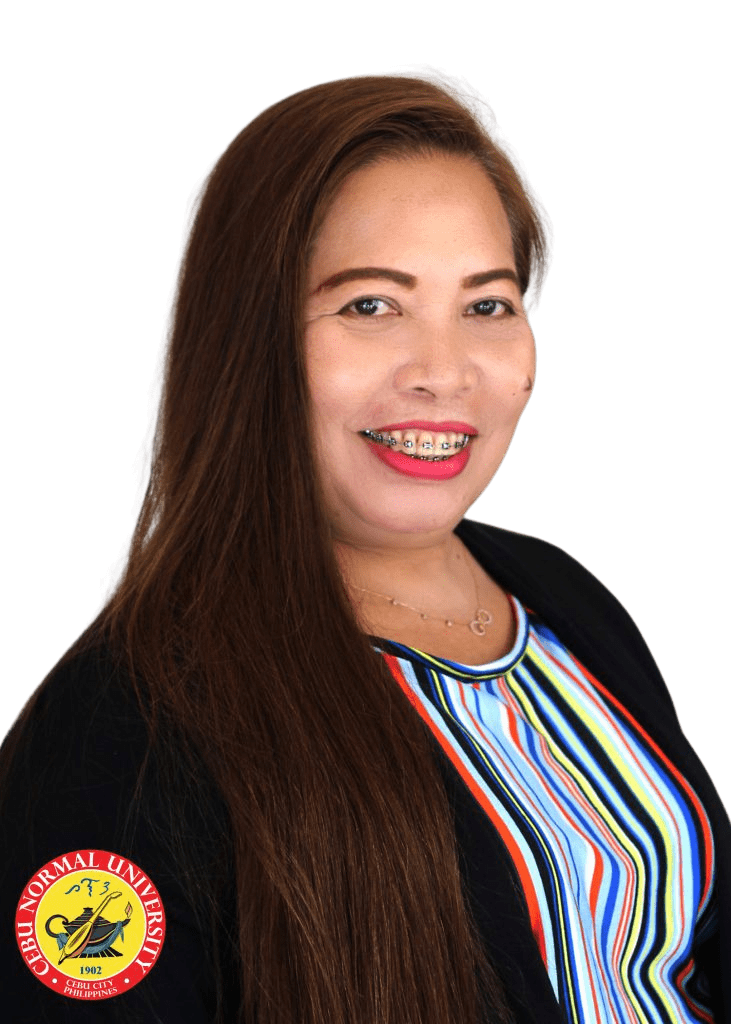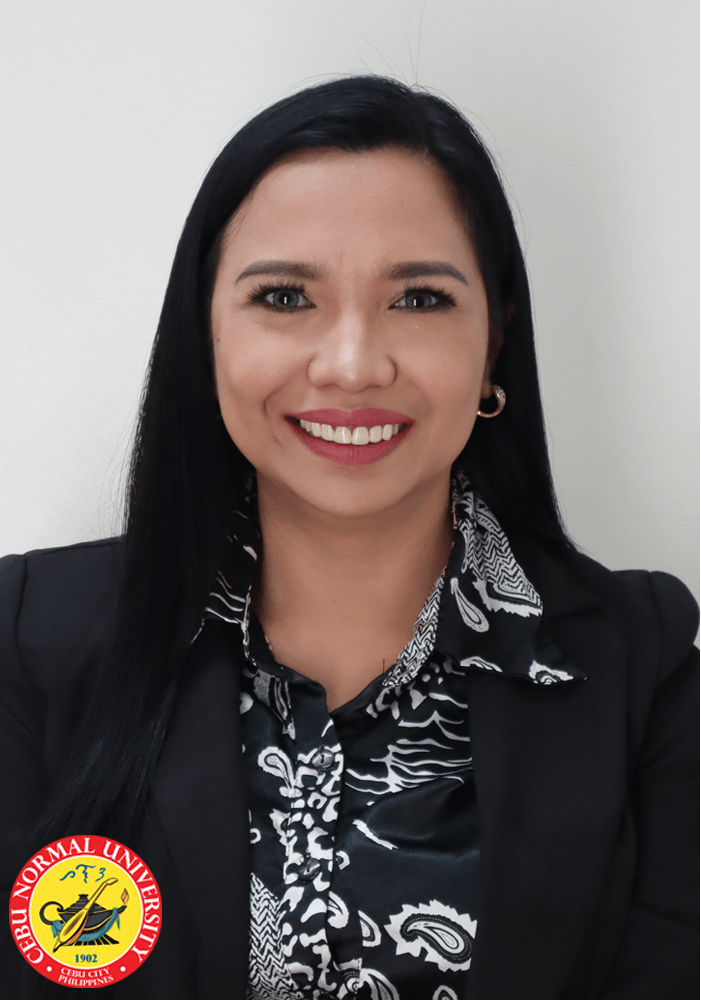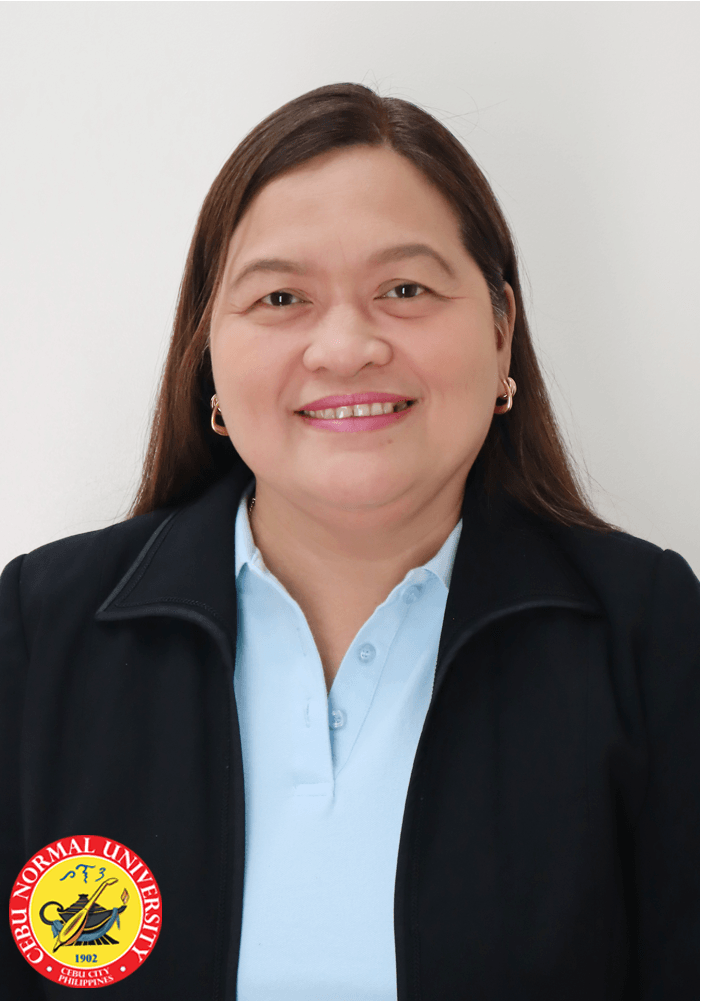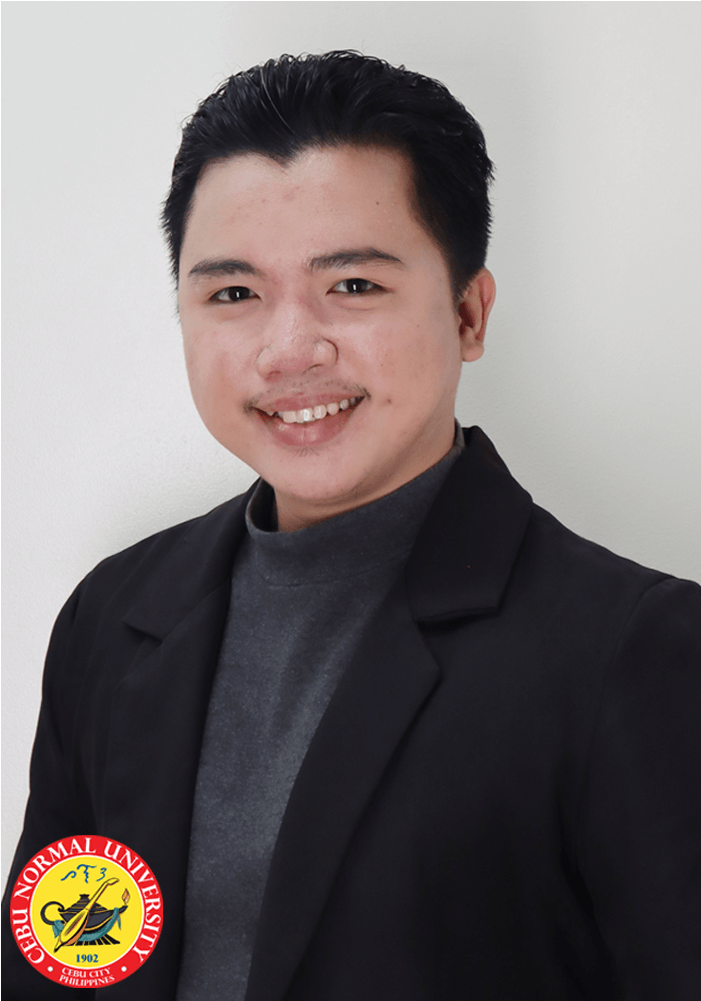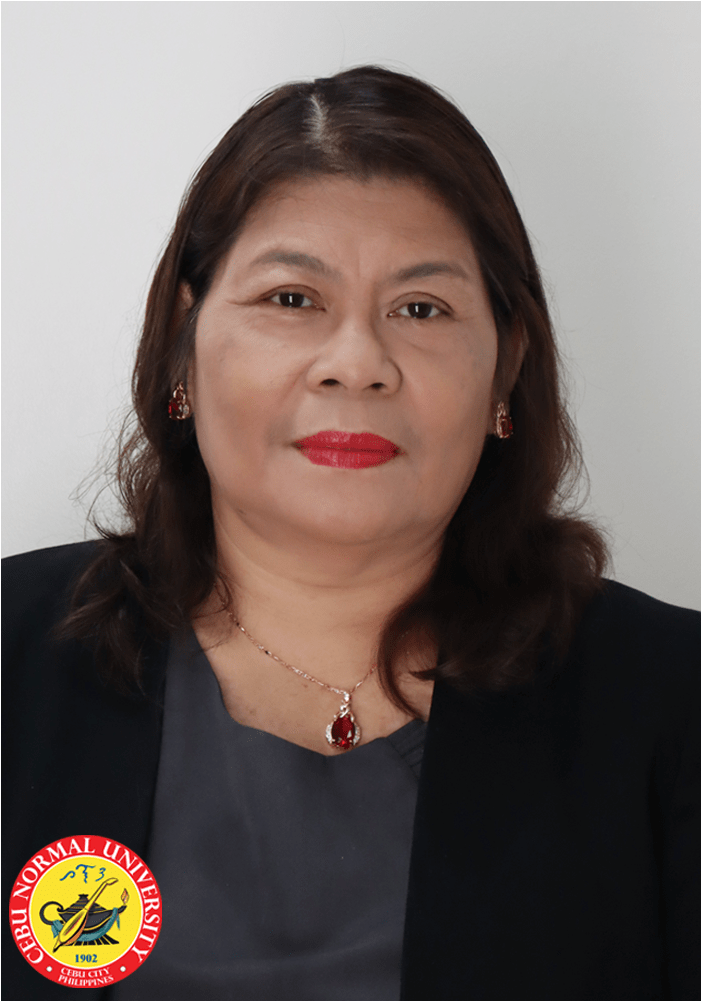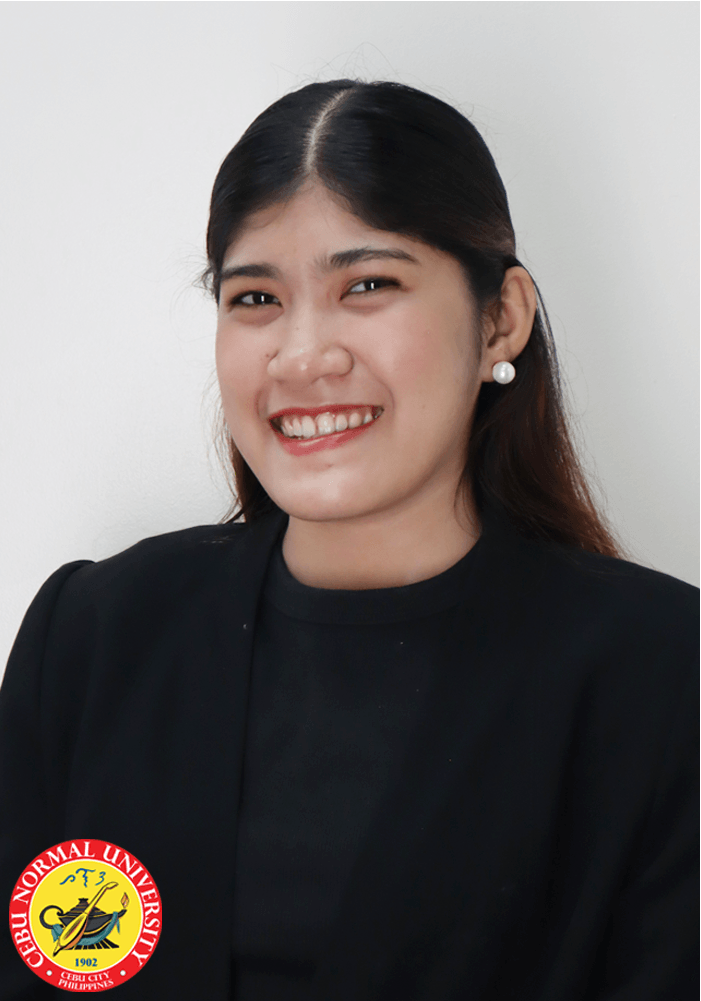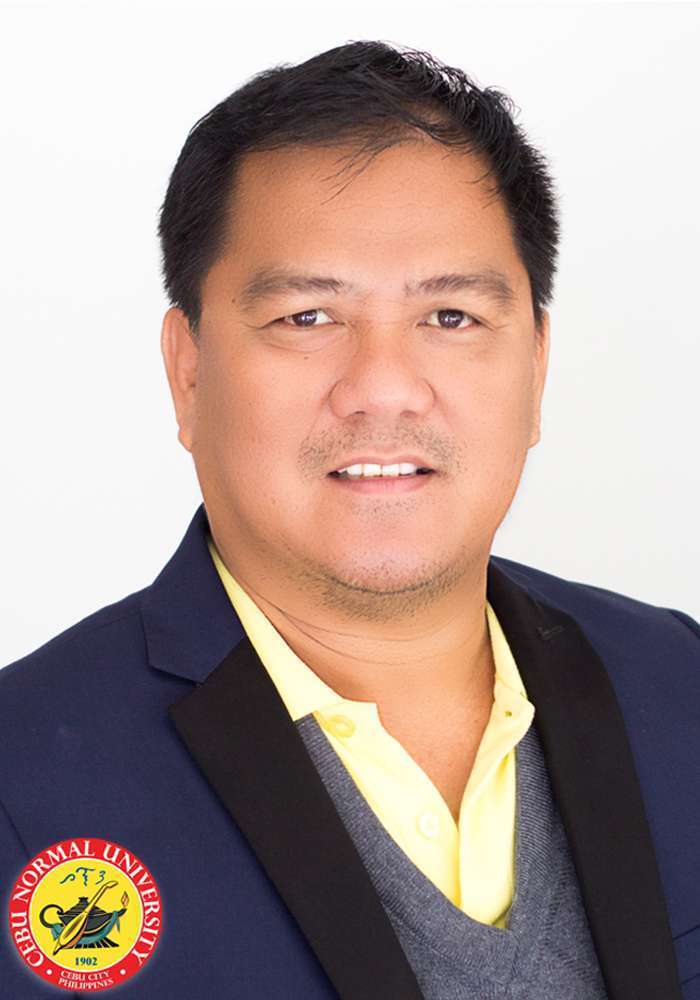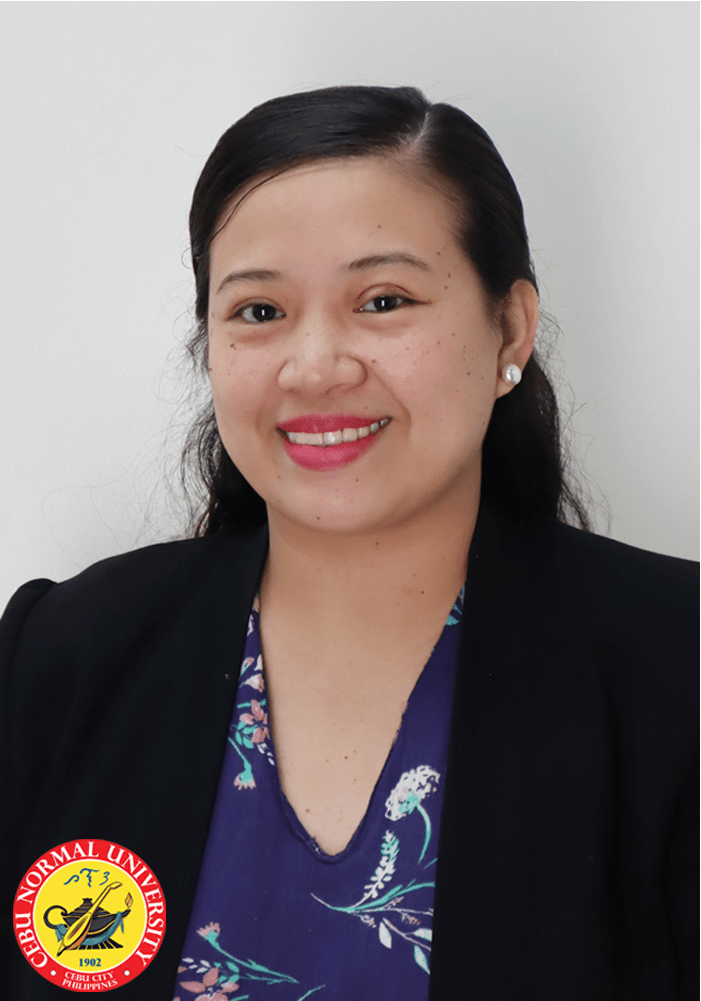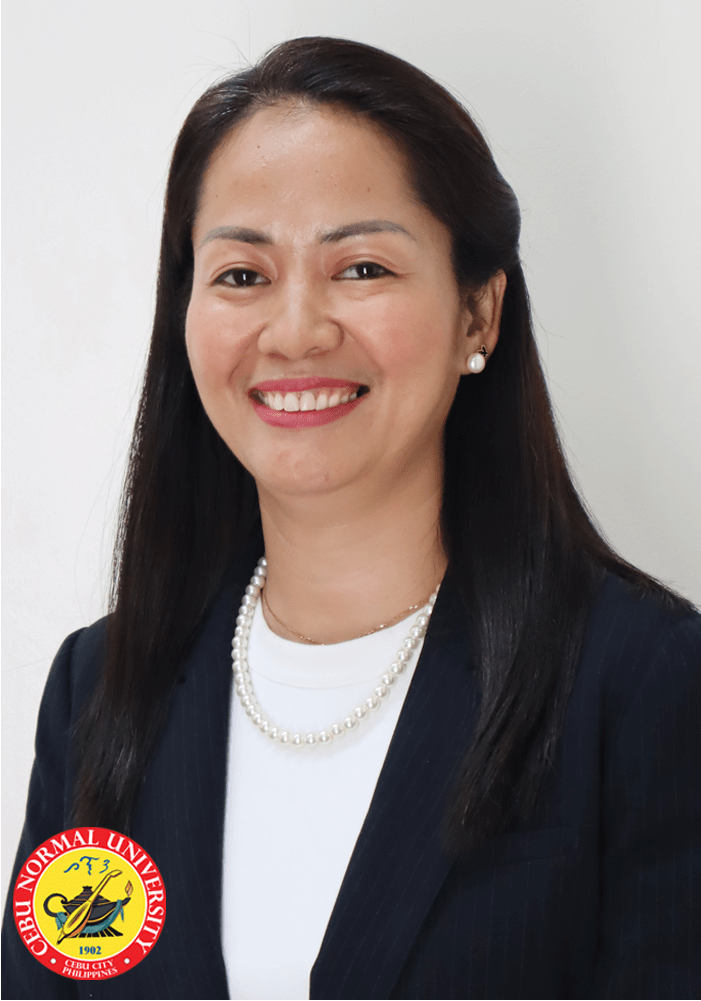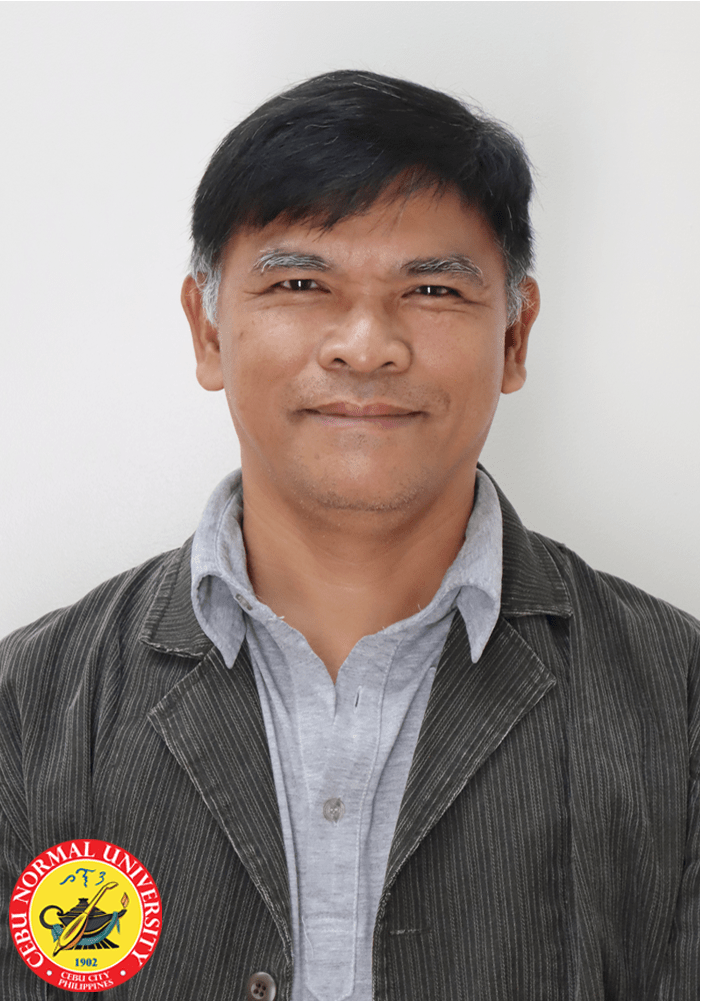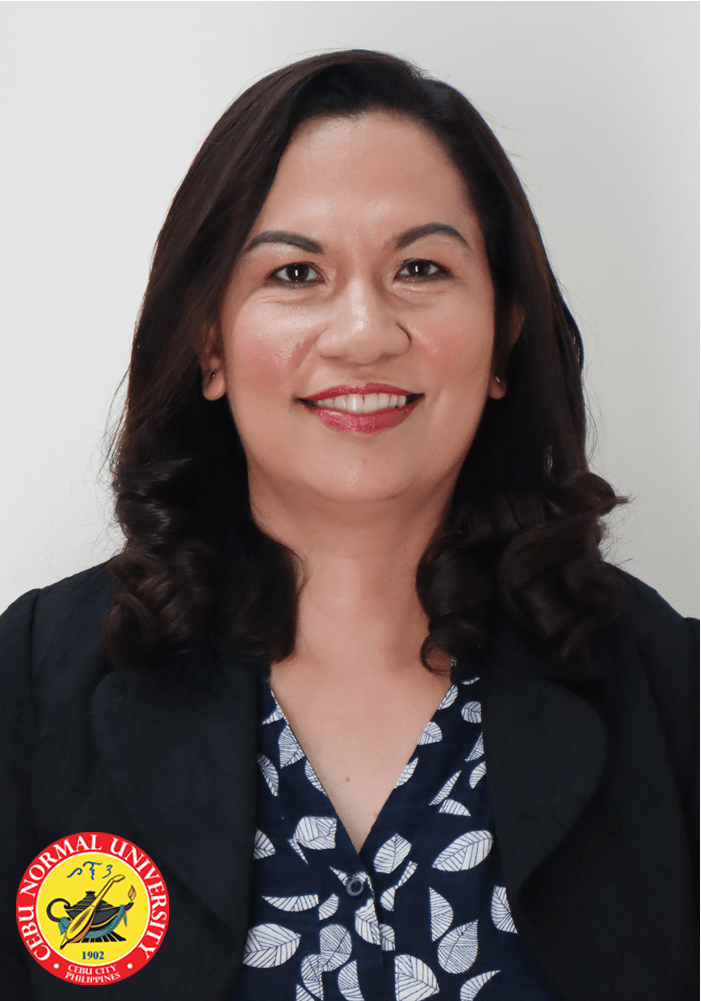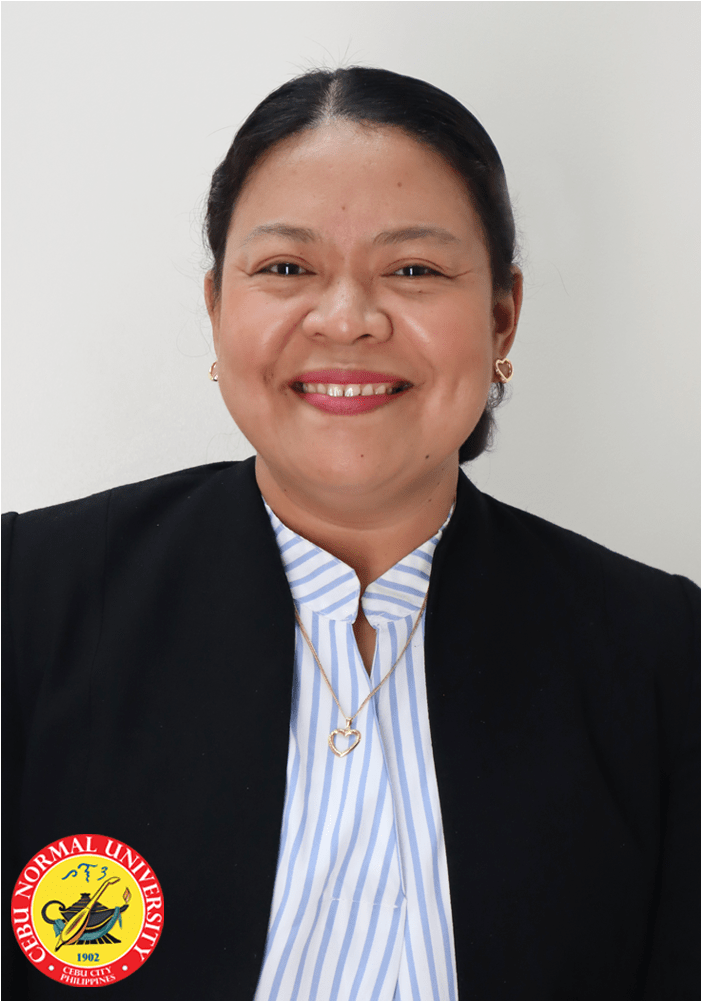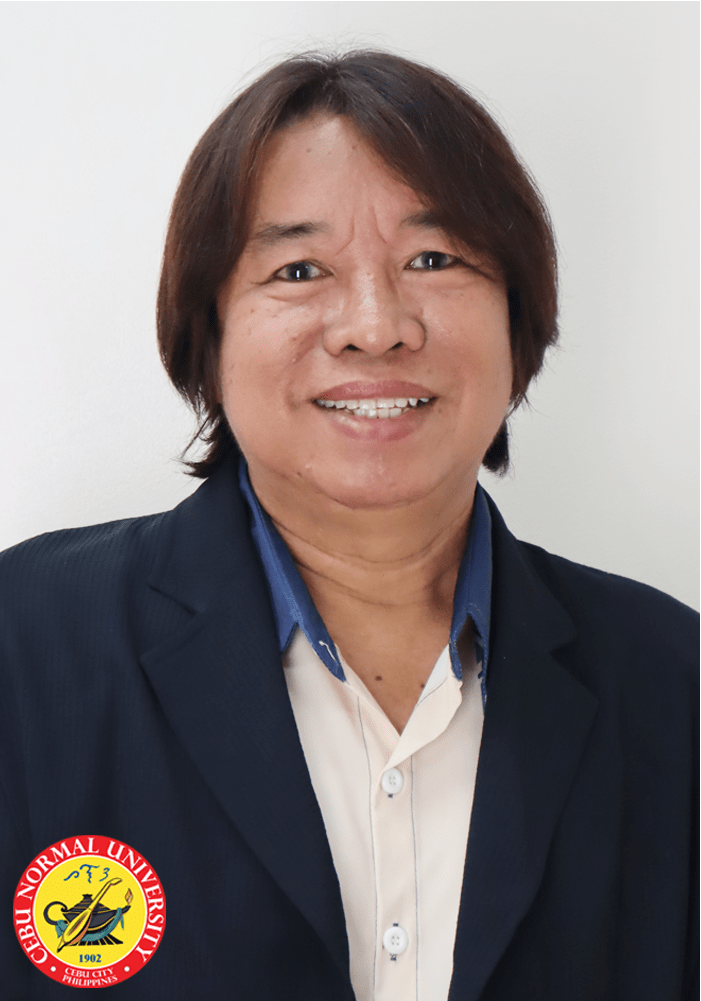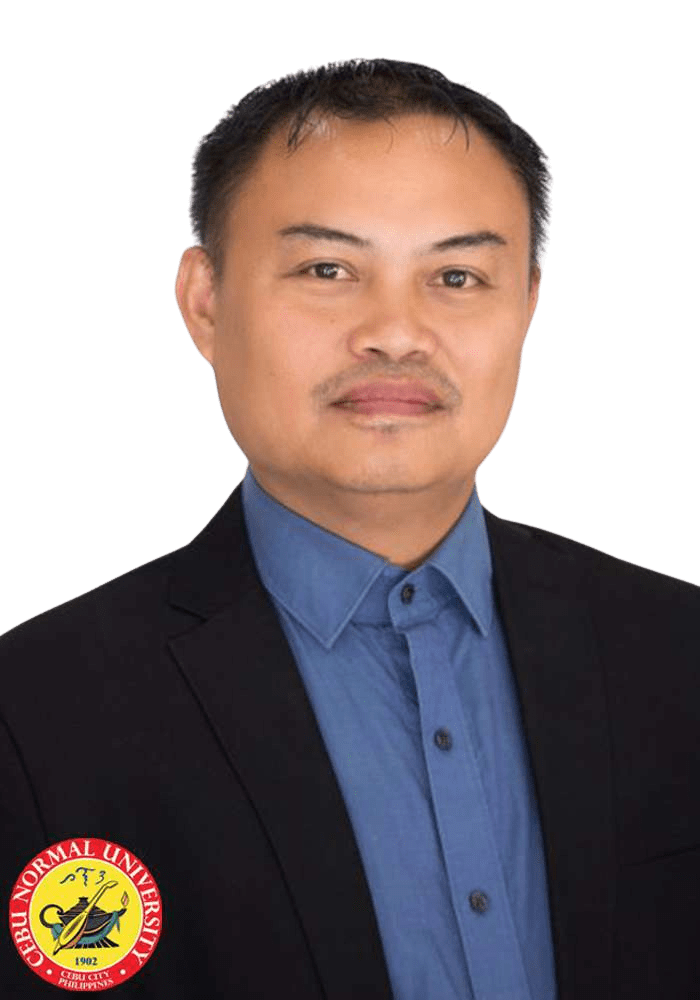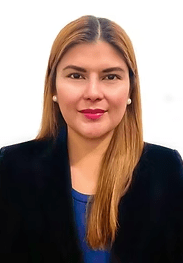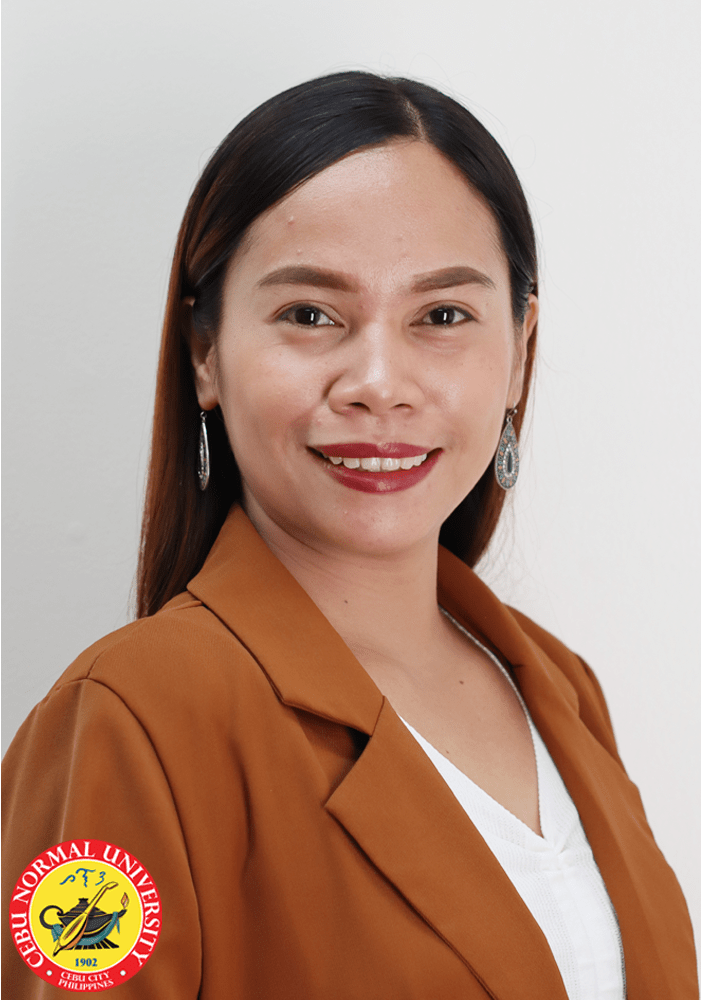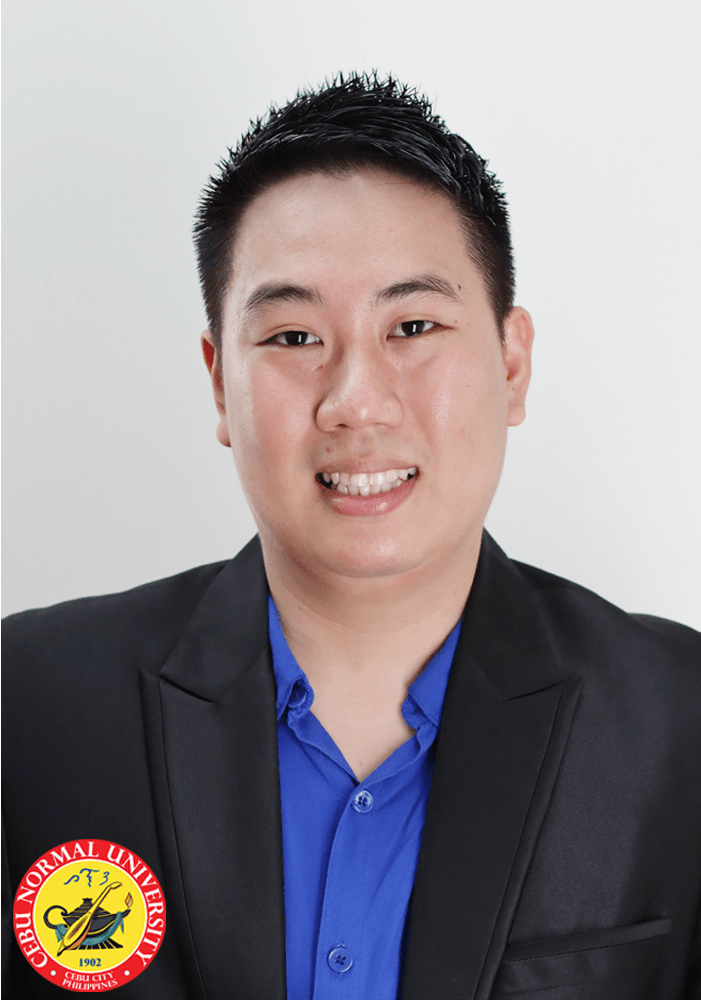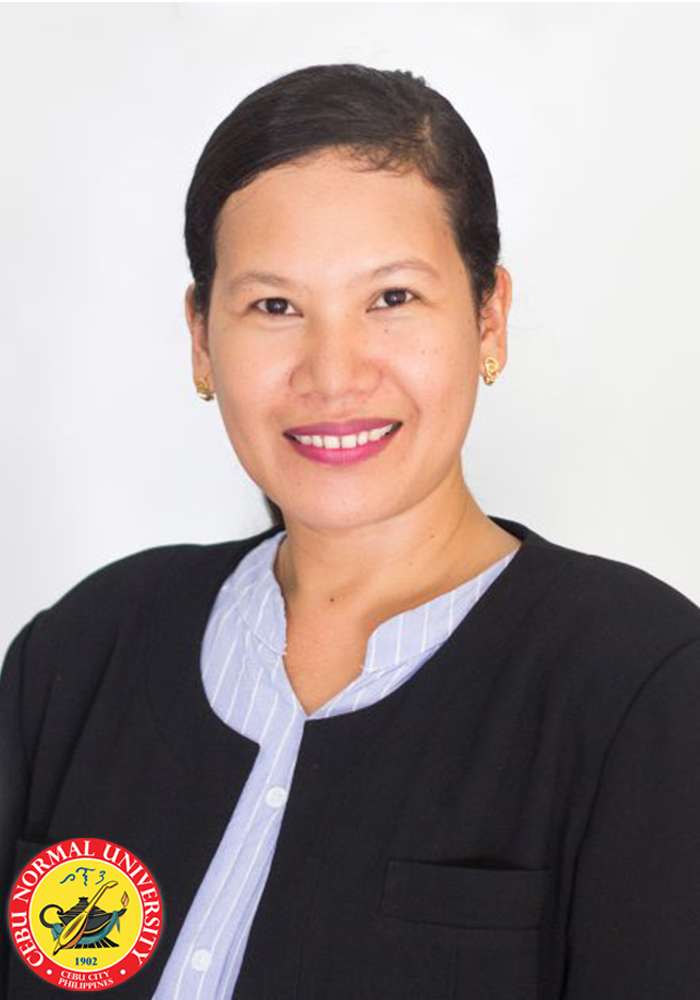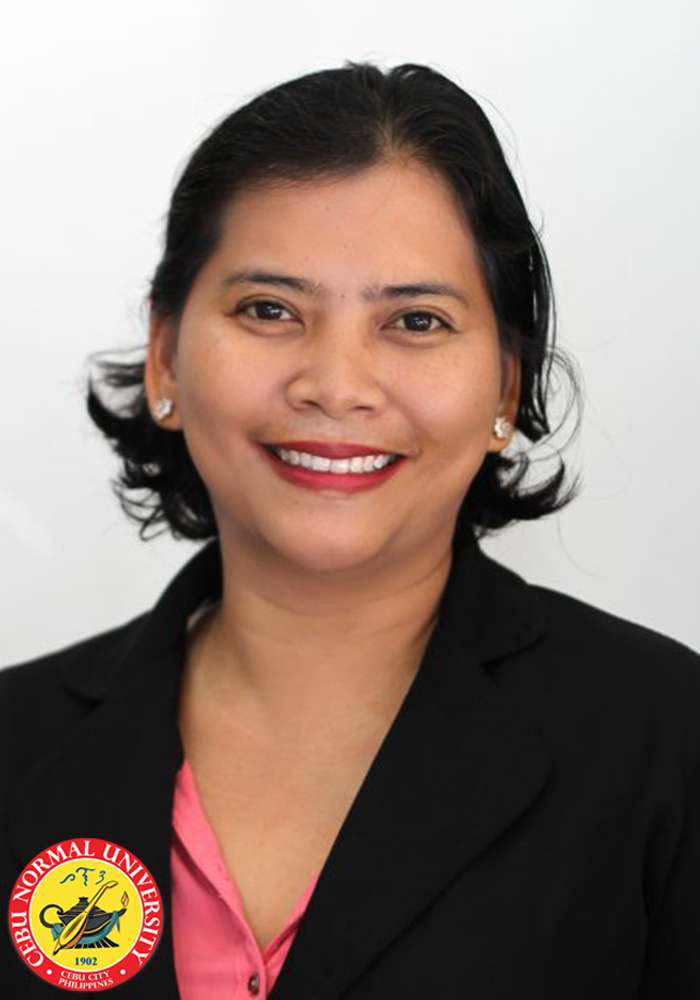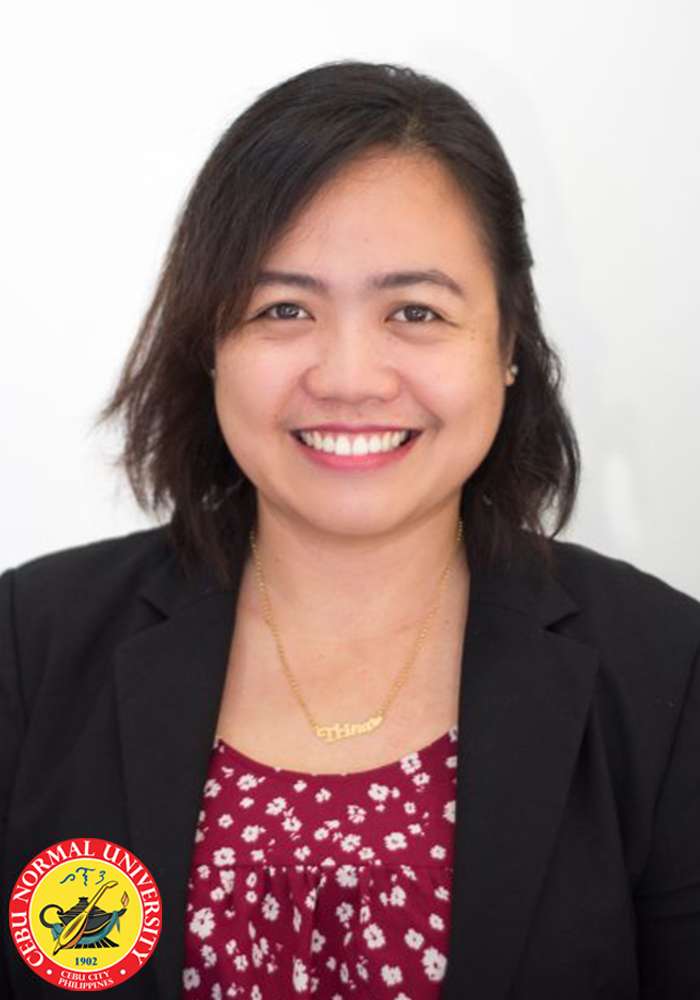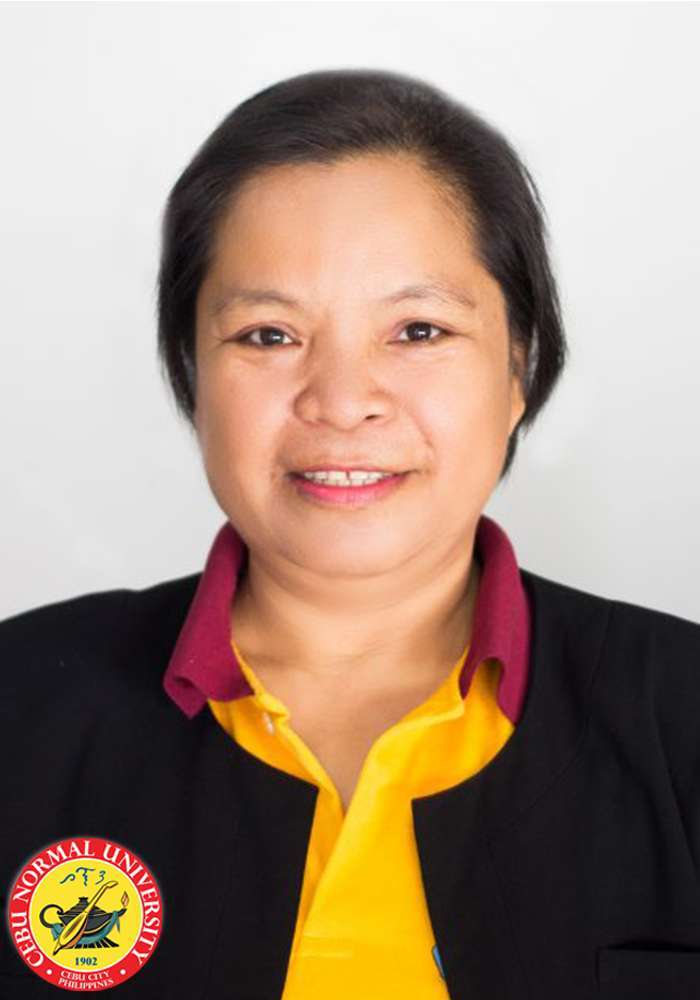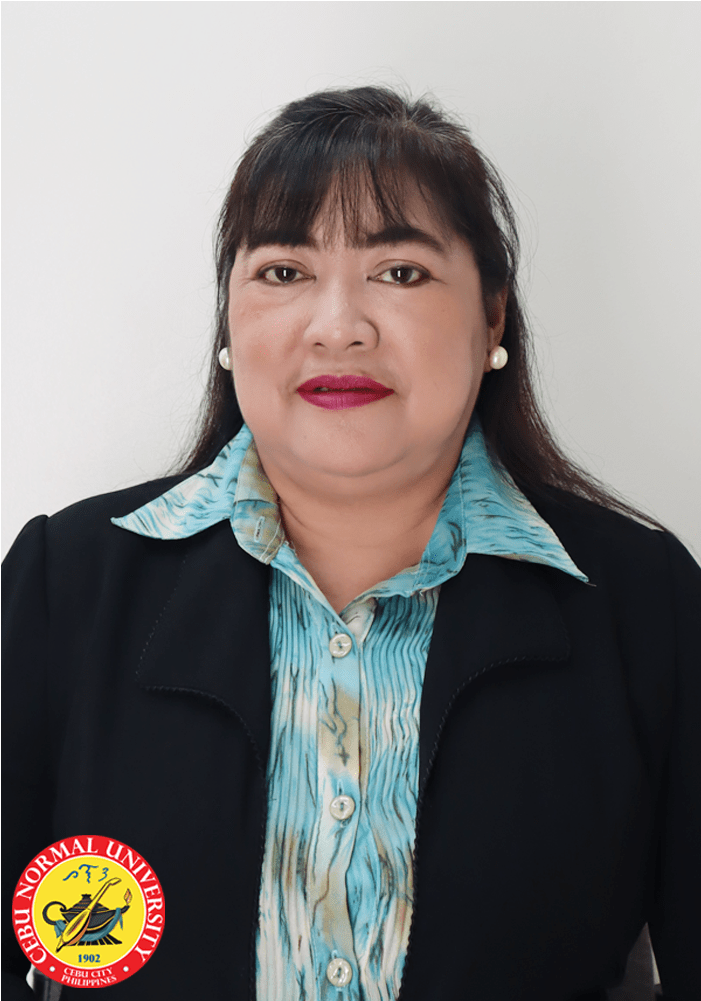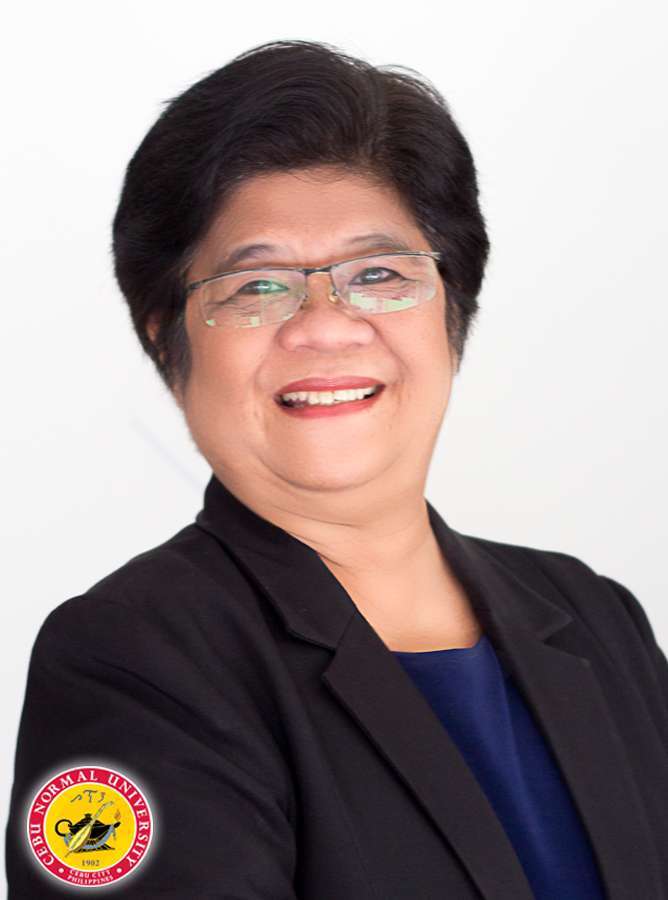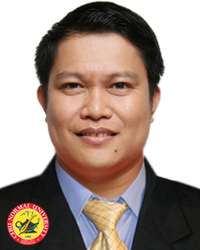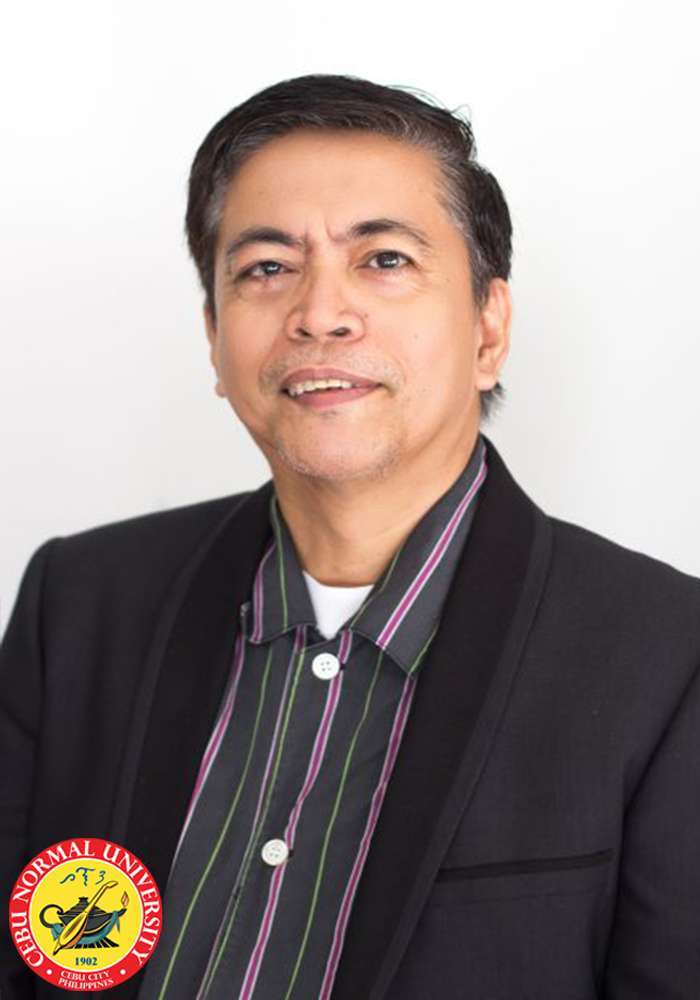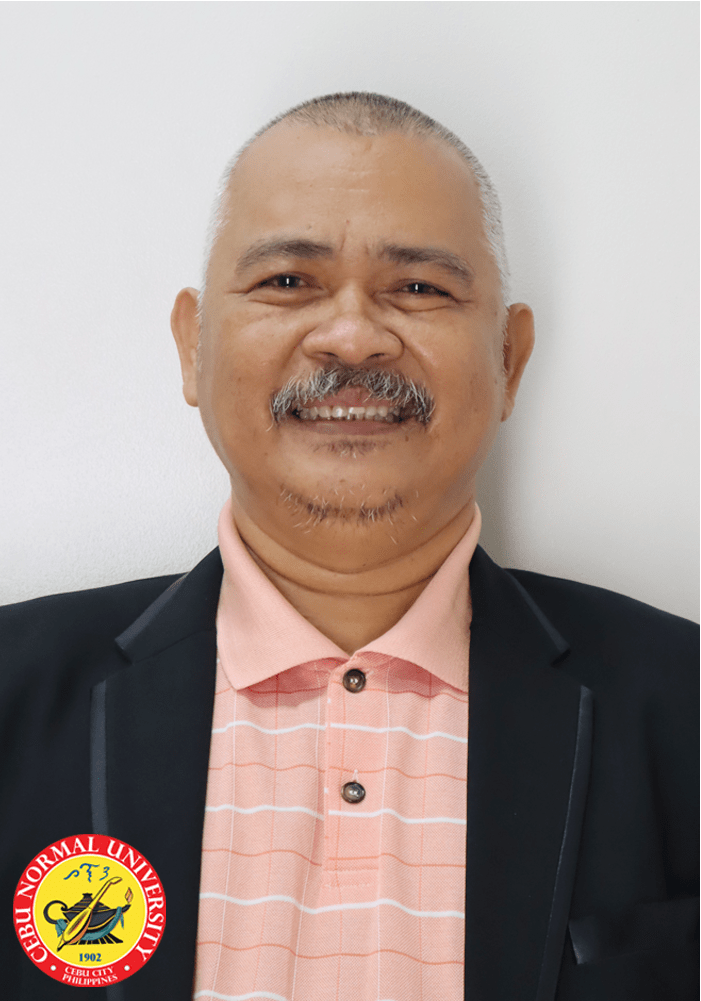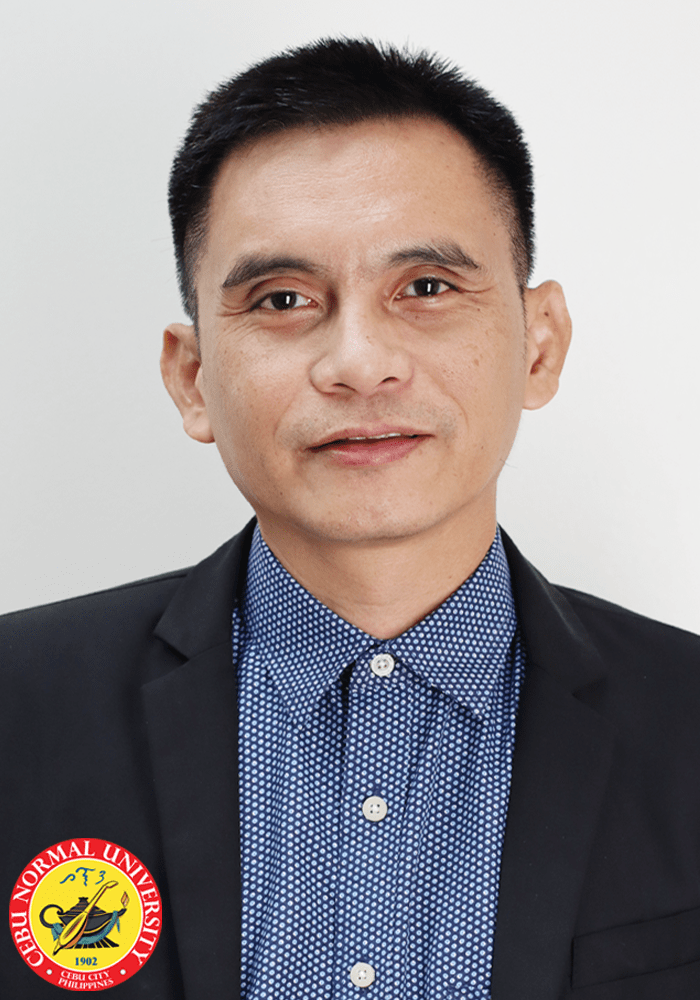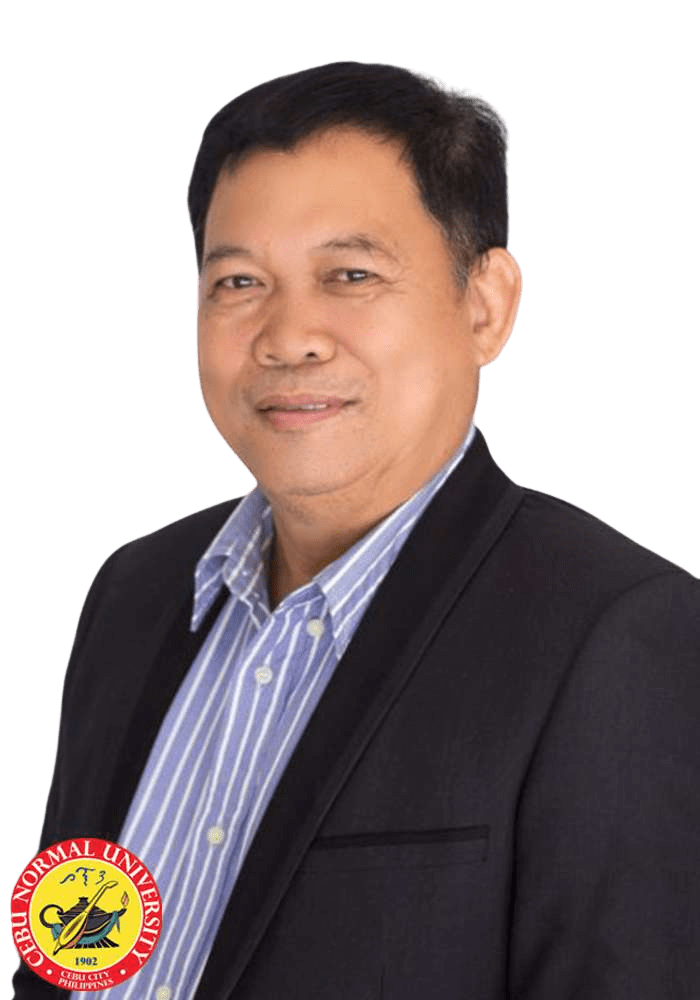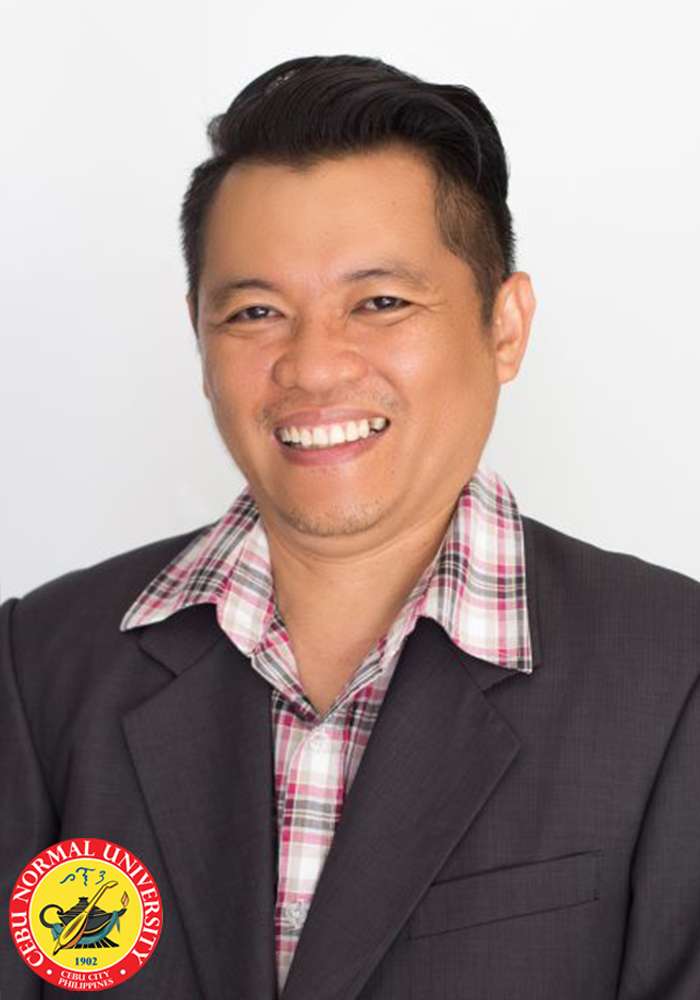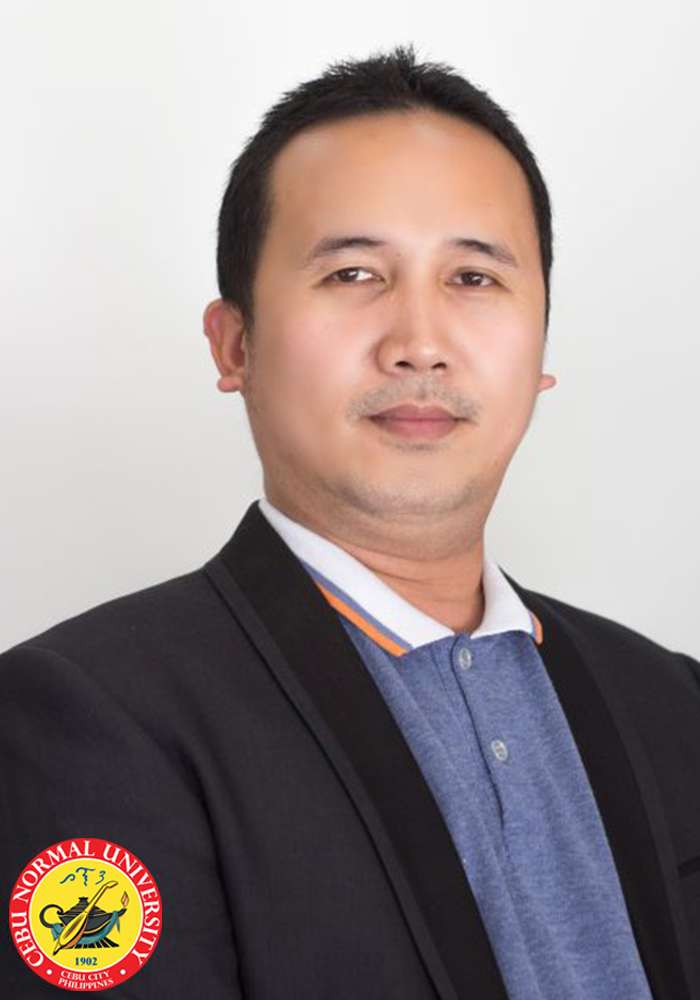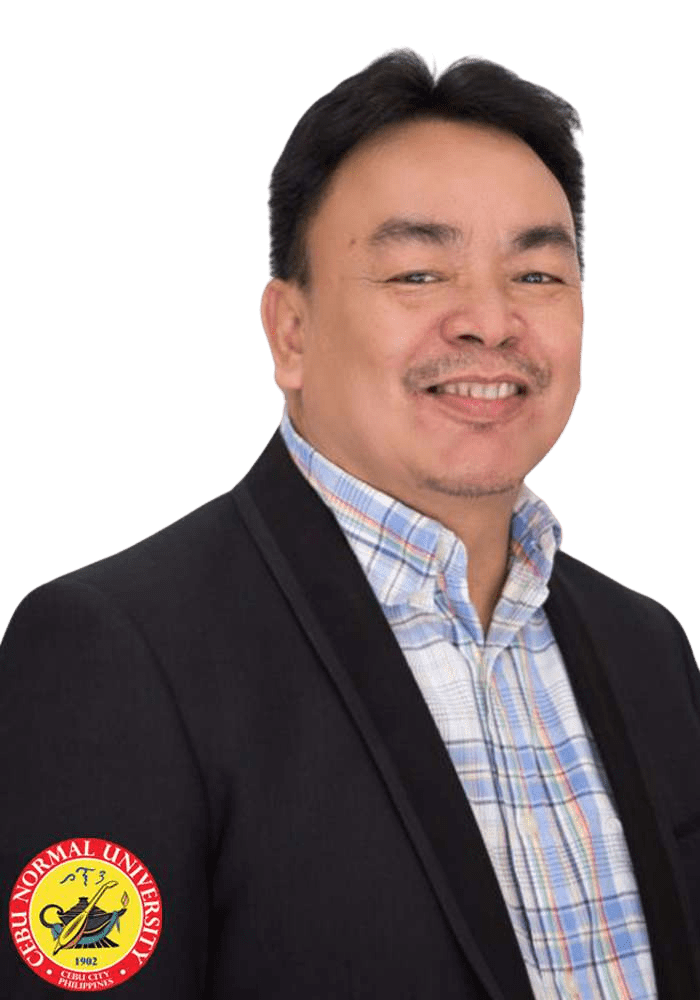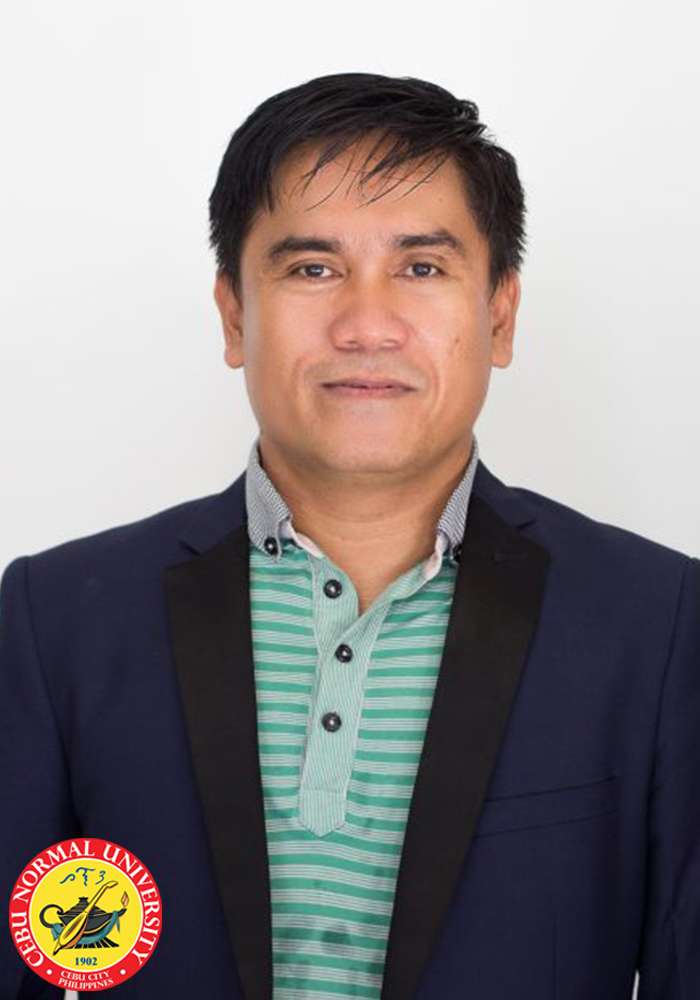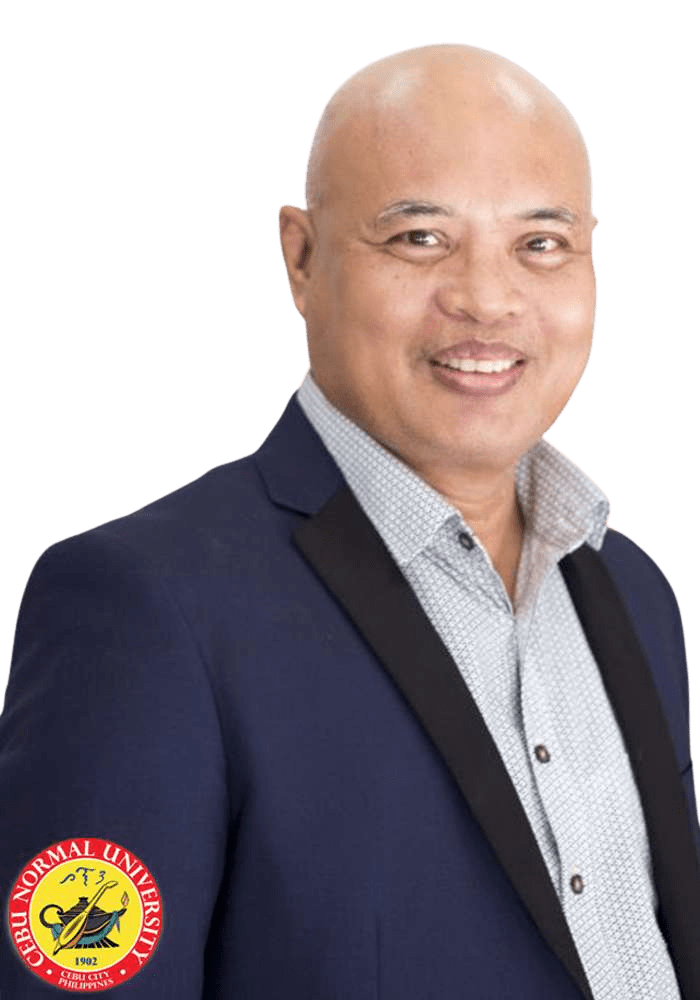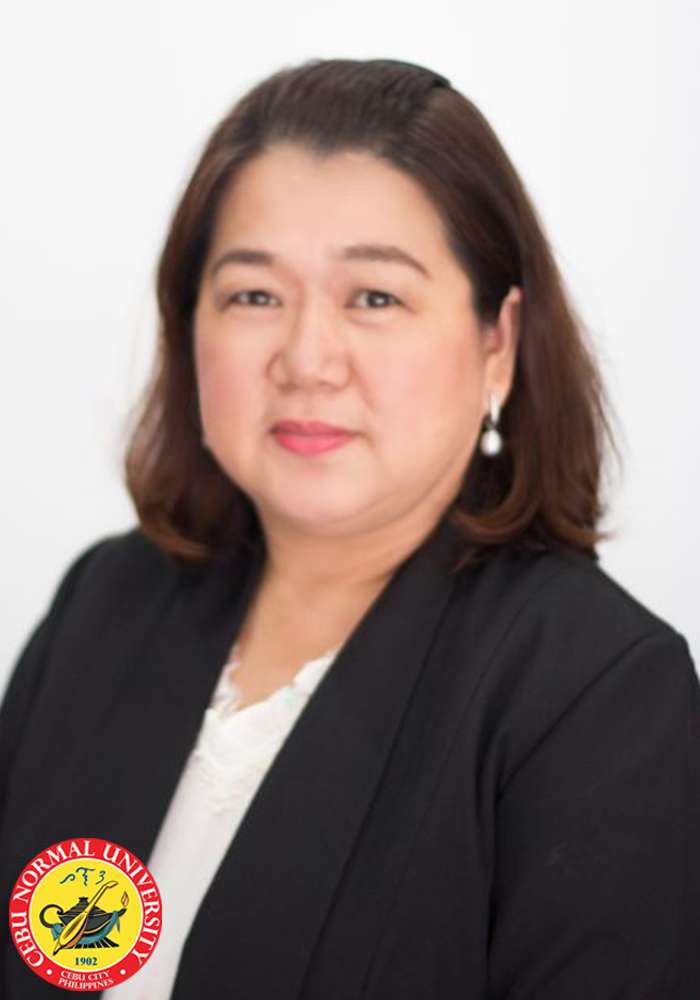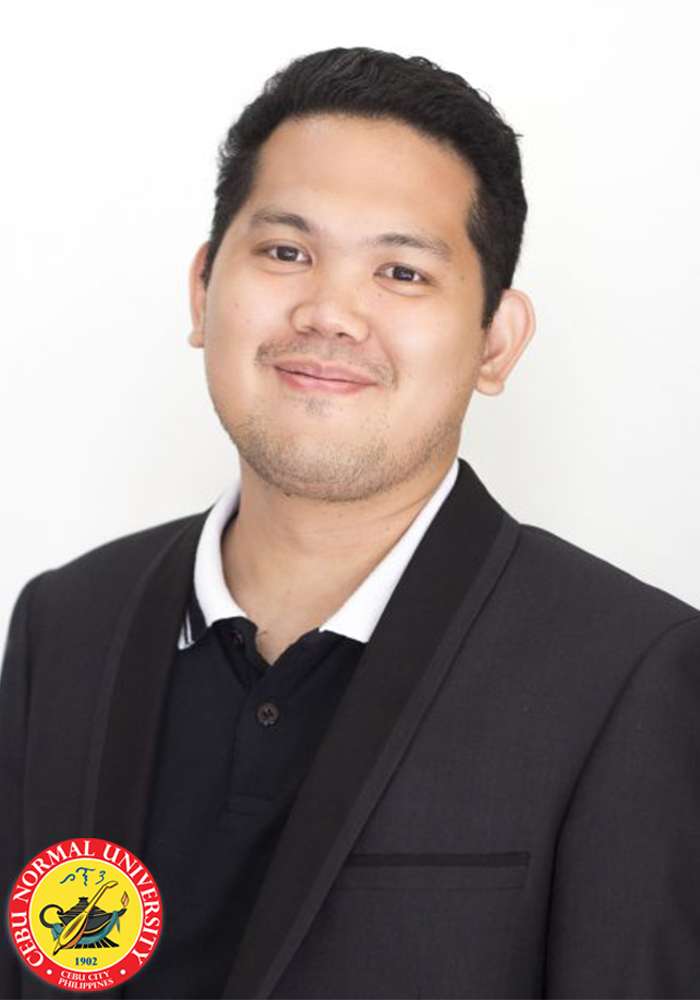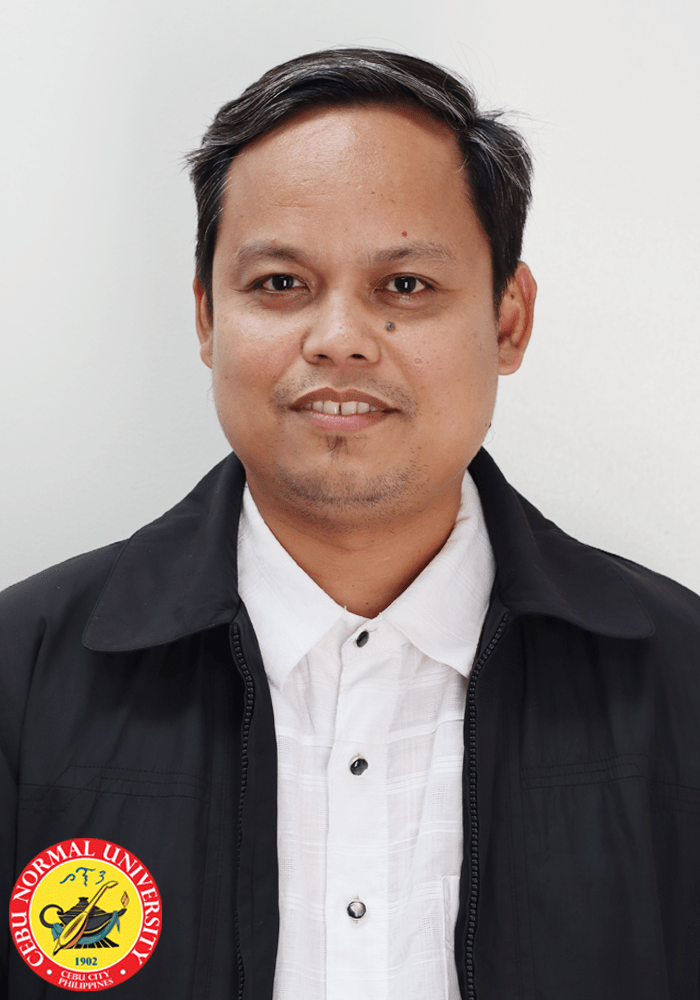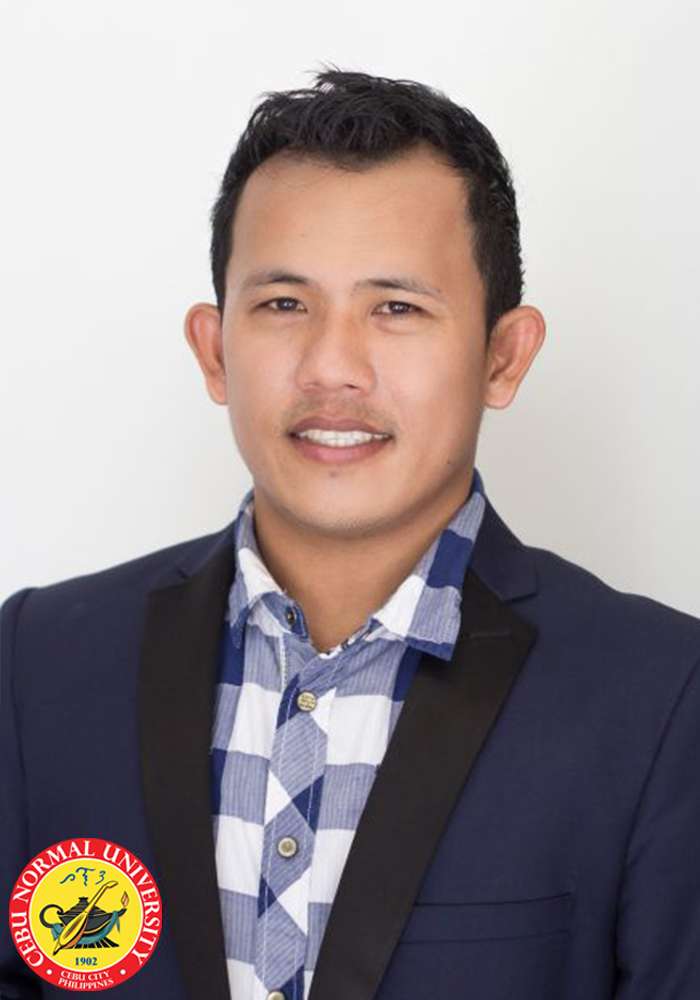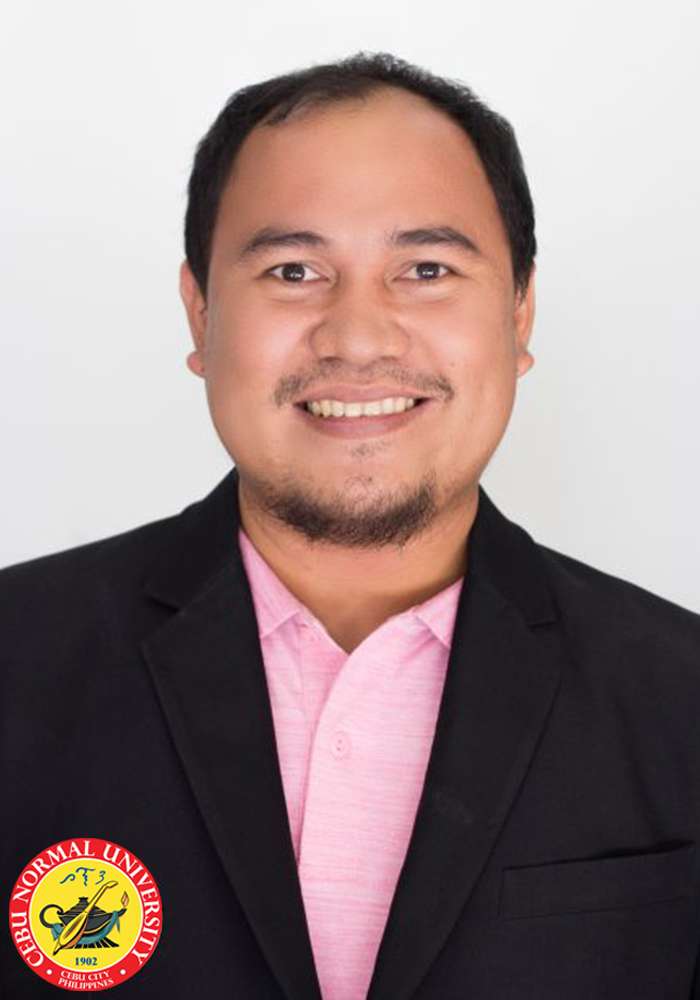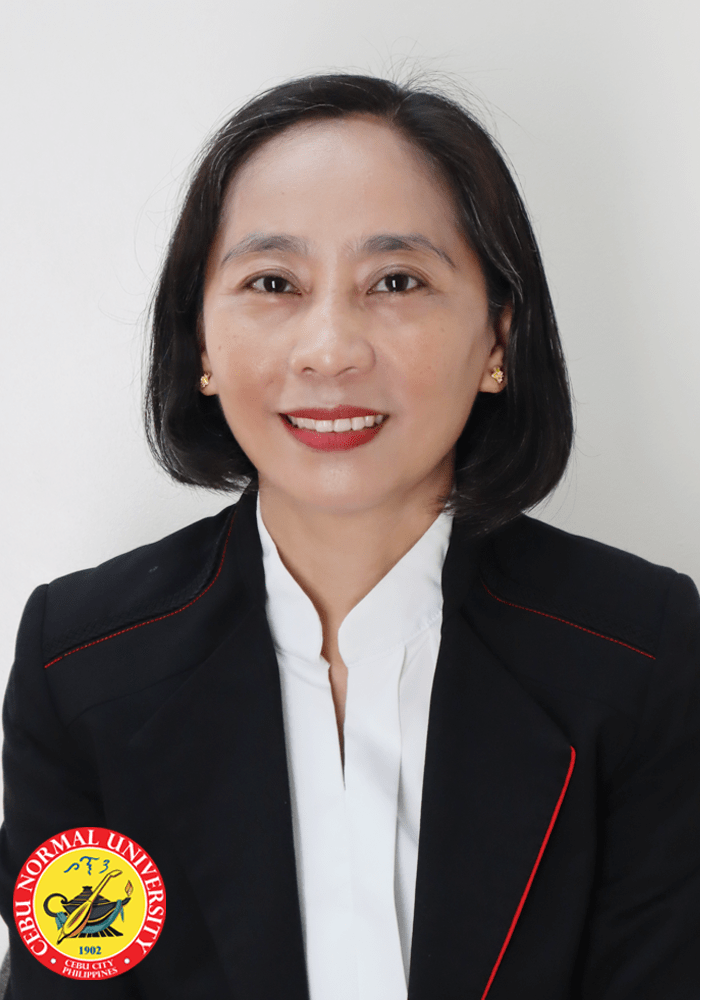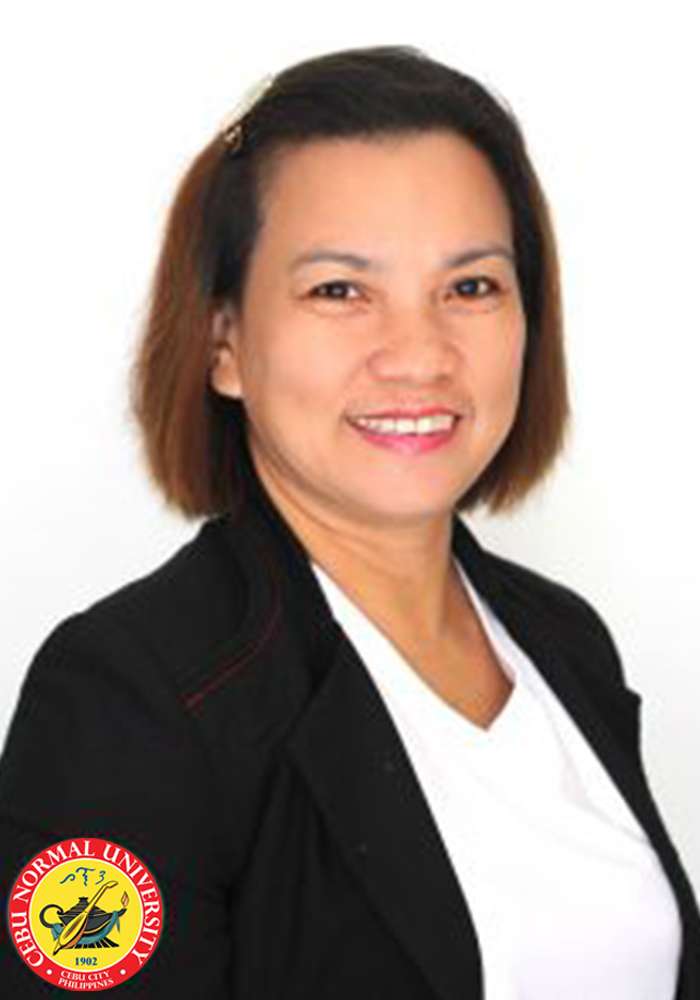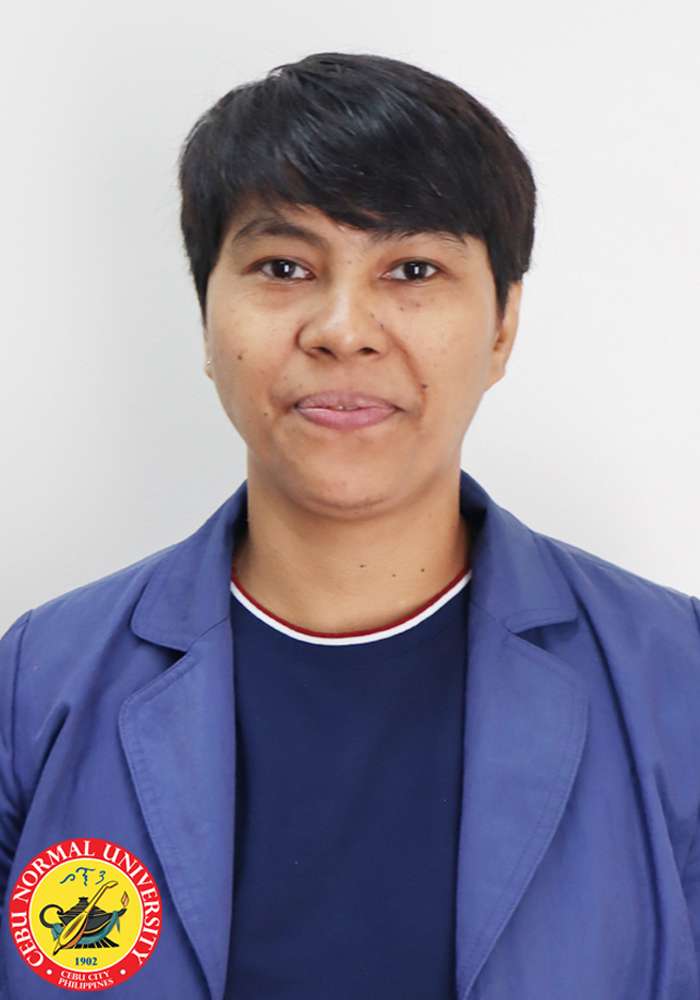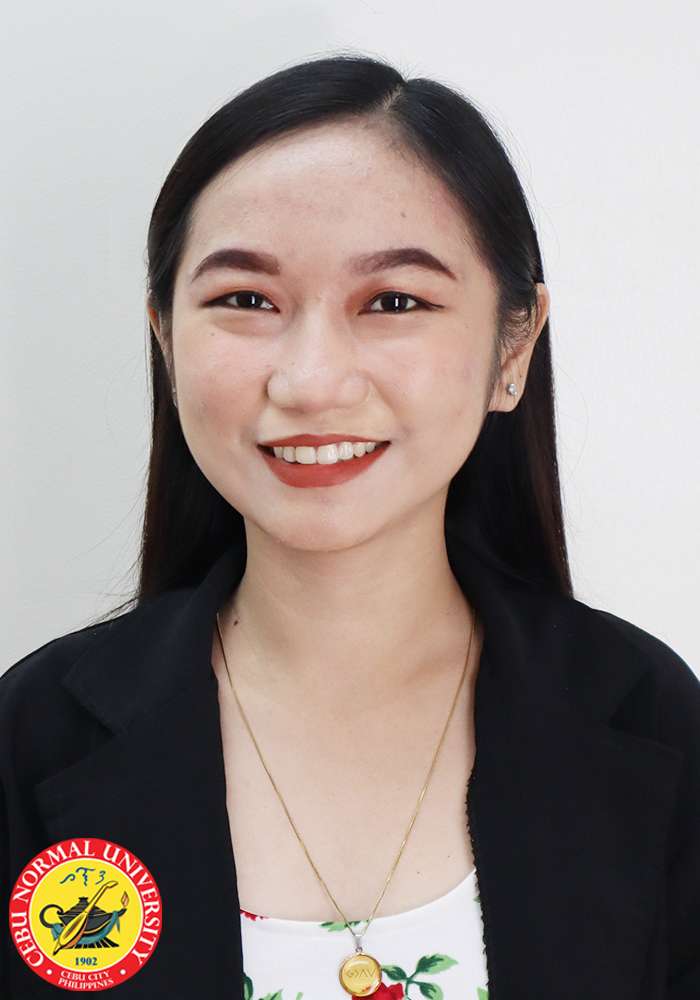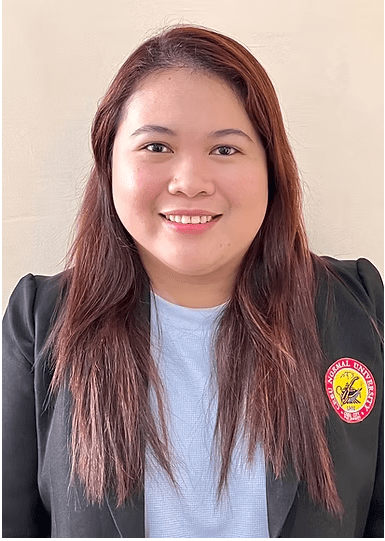VERITAS, BONITAS, PULCHRITUDO
Truth, goodness, and beauty wield a powerful triumvirate that embodies the educational philosophy of the College of Culture, Arts, and Sports. Veritas is the pinnacle of intellectual pursuit. Bonitas is the gold standard of human flourishing. Pulchritudo is the delight of human existence.
Welcome to the College of Culture, Arts, and Sports at Cebu Normal University. We are dedicated to nurturing talent, fostering creativity, and promoting excellence in diverse fields.
About Our College
The College of Culture, Arts, and Sports (CCAS) at Cebu Normal University stands as a beacon for artistic expression, cultural preservation, and athletic development. Committed to holistic education, CCAS provides a dynamic learning environment where students can explore their passions, hone their skills, and contribute meaningfully to society.
Our programs are designed to blend theoretical knowledge with practical experience, ensuring that graduates are well-equipped to excel in their chosen fields. We emphasize critical thinking, creativity, and community engagement, preparing our students not just for careers, but for lives of purpose and impact.
Vision
CCAS is a world-class hub of liberal-minded scholars who live for truth, goodness, and beauty to promote inclusiveness, quality of life, and national development.
Mission
The realization of this vision can be achieved through the KASIKAS programs:
1. Knowledge Generation
The engagement of individuals and group research projects with all the members of faculty and students measures the highest degree of scholarship to improve citations, community empowerment, and policy formulation.
2. Active Community Involvement
The results of scholarly research impact the collaboration of the community and other stakeholders to improve the quality of life, especially the marginalized members of society.
3. Sensitization of the Curricular Programs
The curricular programs shall undergo regular audits to ensure the achievement of the graduates’s exit outcomes, and succes in their respective professions.
4. Inclusive Response to Internationalization
Networking of best practices of universities in the country and abroad can facilitate the exchange of human resources through scholarship, twinning programs, study visits, and other mechanisms to improve University National and Global Rankings.
5. Keen and Sound Management
To ensure success, strategic management calculates risks and opportunities for growth and innovates new approaches for successful progress and development in the organization.
6. Altruistic Collaboration with Stakeholders
The success of program implementation depends on the concerted efforts of the stakeholders such as the faculty, students, parents, community members, non-government organizations, and other reputable think tank organizations.
7. Smart and Innovative Instruction
Culture-based Design Thinking and other learner-centered instructional andragogies and eutagogies ensure quality learning, appropriate to the competencies designed in different degree programs.
CCAS Mantra for the 7S of Good Housekeeping
The TUBIGAN sa Katilingban sa CCAS is a response to Quality Assurance Unit Advisory No. 006, s. 2025 for the 7S of Good Housekeeping with the slogan,
“Gusto ka ba ug kahapsay sa CCAS? Tana na ug apil na sa TUBIGAN sa Katilingban”
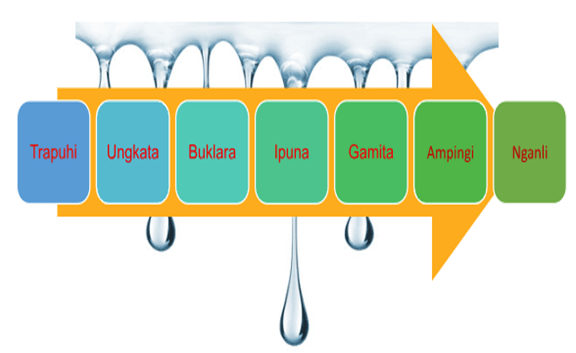
This slogan is a response for CCAS stakeholders, not only appreciating and valuing good housekeeping in the office but also its imperative cascades to social relevance, affecting their gender identity and human development.
Program Offerings
Undergraduate Programs
Aims to equip students with the knowledge and skills in the theory and practice of communication and the discipline of radio and television broadcasting.
Aims to equip students with the knowledge and skills in the theory and practice of communication and the discipline of film production.
Aims to equip students with the knowledge and skills in the theory and practice of communication and the discipline of marketing, advertising, and press relations.
Aims to equip students with the knowledge and skills in the theory and practice of communication and the discipline of journalism.
Aims to equip students with the knowledge and skills in the theory and practice of communication and the discipline discipline of teaching media literacy.
Aims to equip students with the knowledge and skills in the theory and practice of communication and the discipline discipline of online media.
Designed to improve the students’ language competencies through a better understanding of the structures and use of the English language; enhance their knowledge of the discipline; and provide opportunities for the practical application of competencies gained.
Produces creative or critical texts in one of the genres, forms, or types that may be useful to Literature as a discipline as an individual or group work; categorize literary and cultural texts.
Ang programang it ay lilinang sa kahusayan ng mga mag-aaral sa komunikasyon, malawak na kaalaman sa teorya at praktika ng wika, malikhaing pag-iisap at mapanuring pananaliksik.
Graduate Programs
Master of Arts in Communication
An advanced exploration of communication theories, practices, and research in contemporary society.
Master of Arts in Literature
A graduate-level study of literary criticism, theory, and interdisciplinary literary analysis.
Masterado ng Sining sa Filipino
Nakasentro sa mga tradisyong pampanitikan, kritikang pampanitikan, at pagkakakilanlang kultural.
Doctor of Arts in Literature and Communication
An interdisciplinary program of literary studies and communication theories for critical and creative scholarship.
Why Enroll in our Programs?
News and Events
Faculty and Staff
CCAS Organizational Chart
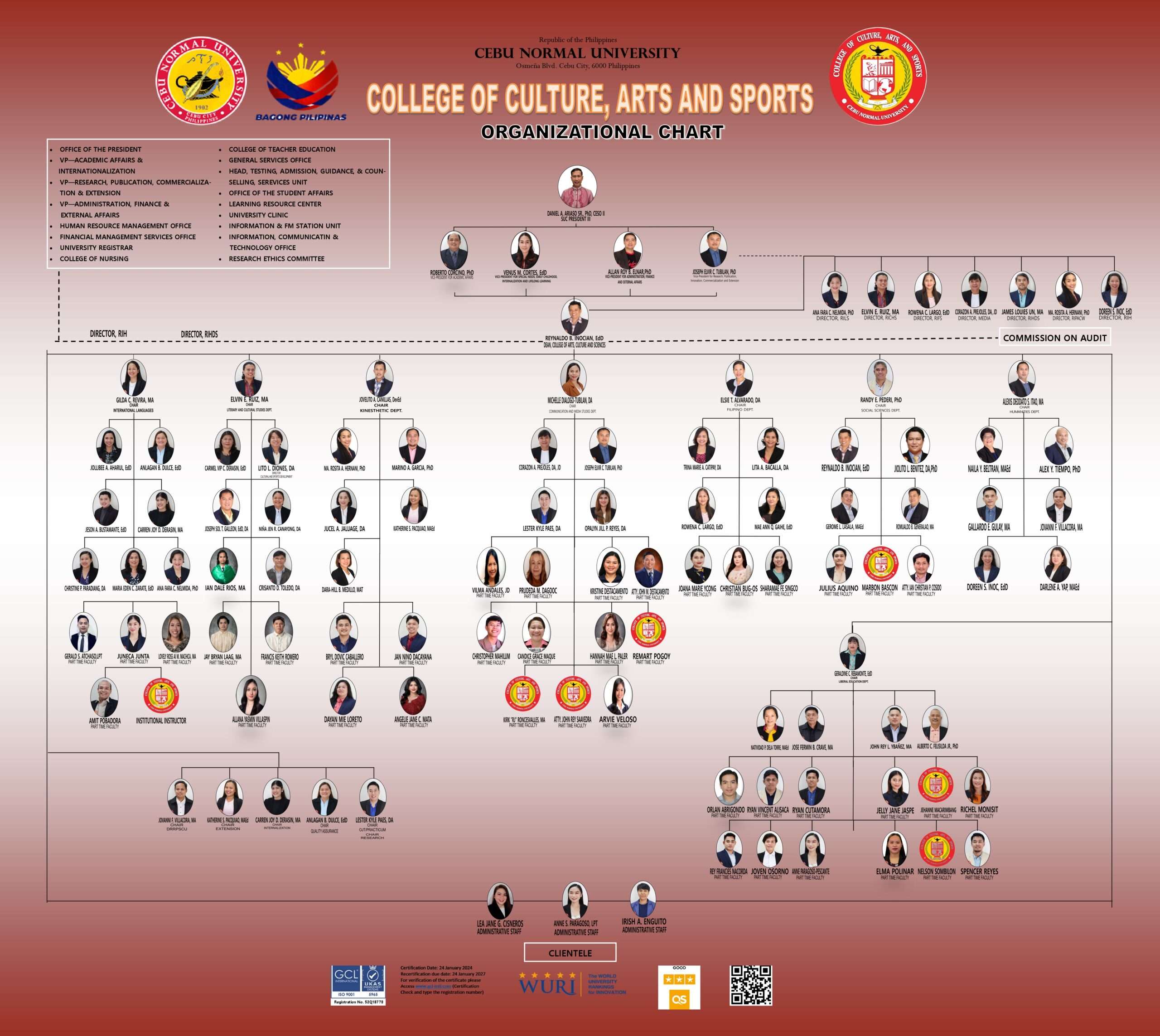
Research Institutes
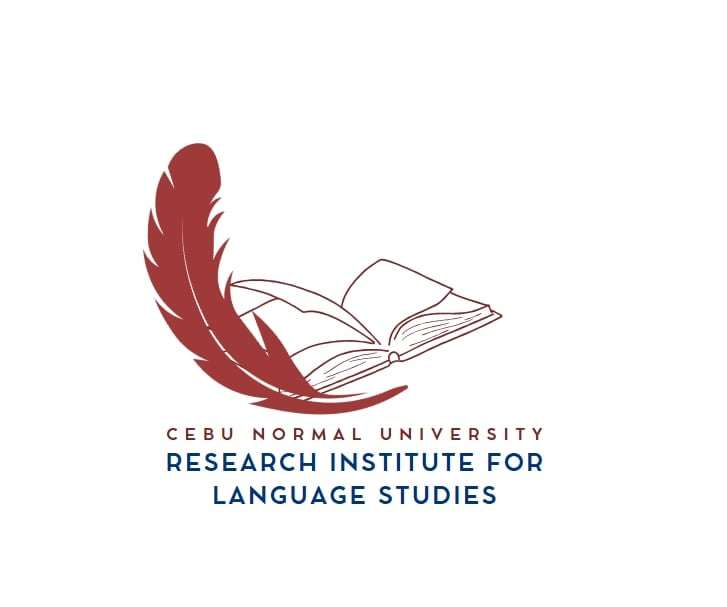
The Research Institute for Language Studies (RILS) focuses on language’s important role in communication, education, cultural identity, and social development. It emphasizes preserving local languages while considering the effects of diaspora, foreign languages, and multicultural dynamics. The Institute integrates creative arts, Indigenous knowledge, and kinesthetic practices to foster inclusive communication strategies that address social challenges and promote cultural cohesion across Cebu, the Visayas, and the Philippines.
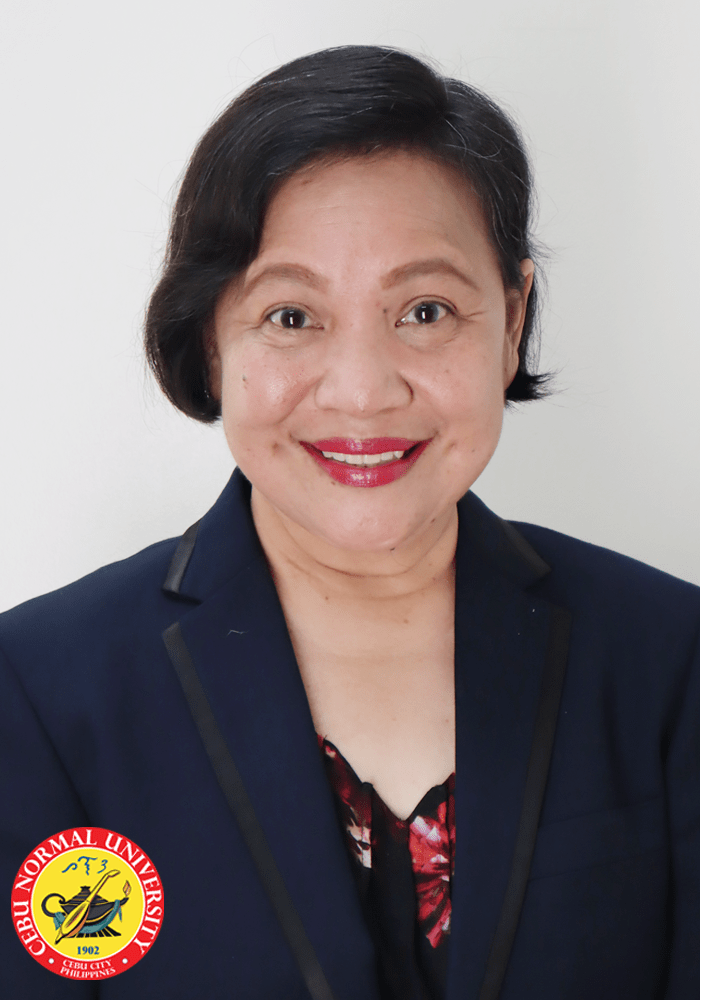
Ana Fara C. Nelmida, PhD
Director, Research Institute for Language Studies
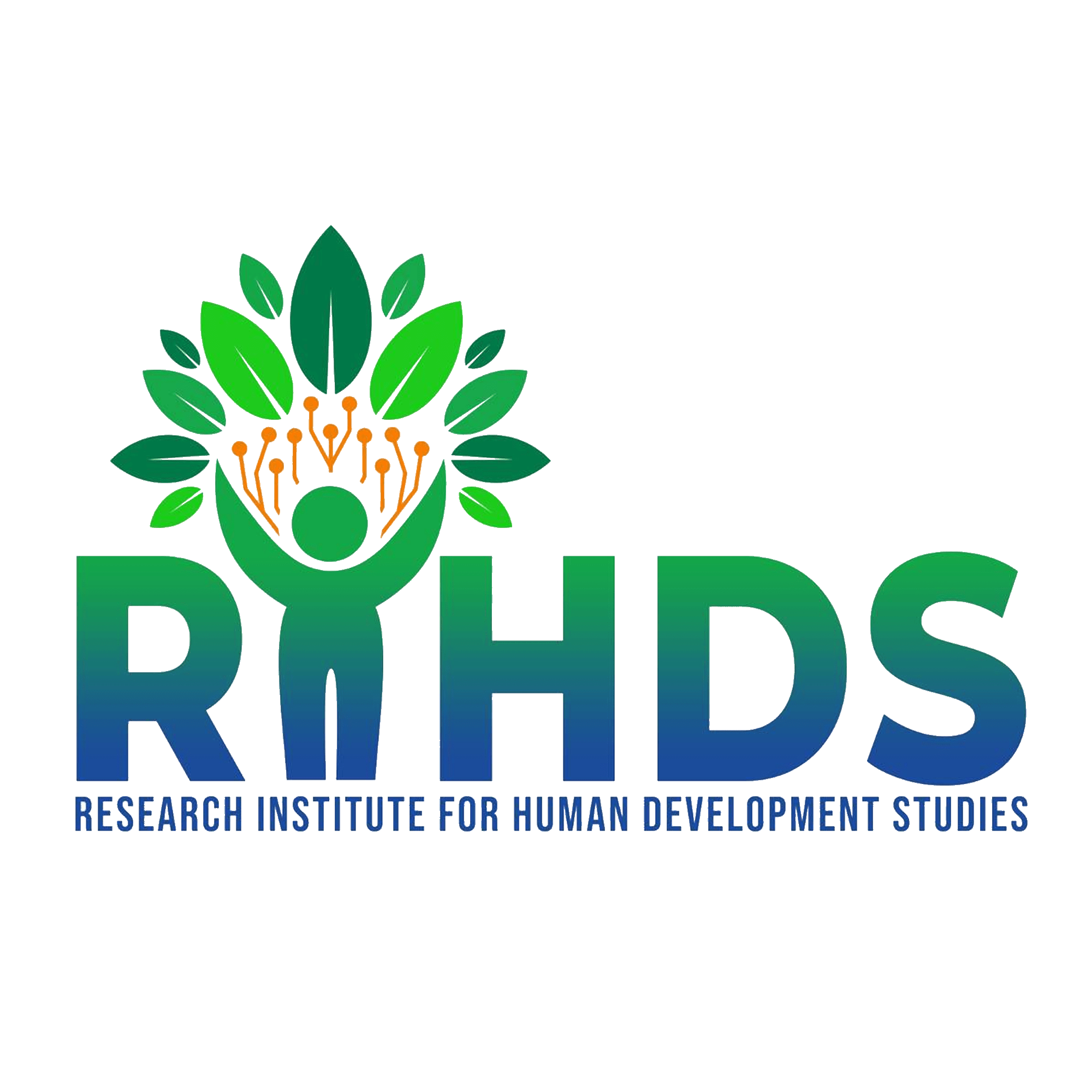
The Research Institute for Human Development Studies shall be committed to addressing the multifaceted issues of human development through multidisciplinary research in Cebu, the Visayas, and across the Philippines. The Institute’s focus spans social, economic, and environmental dimensions, incorporating the creative arts, culture, and kinesthetic practices to deepen understanding and impact. Through these diverse approaches, the institute seeks to create sustainable solutions that promote holistic development, including mental, emotional, and economic well-being, while fostering social equity and resilience.
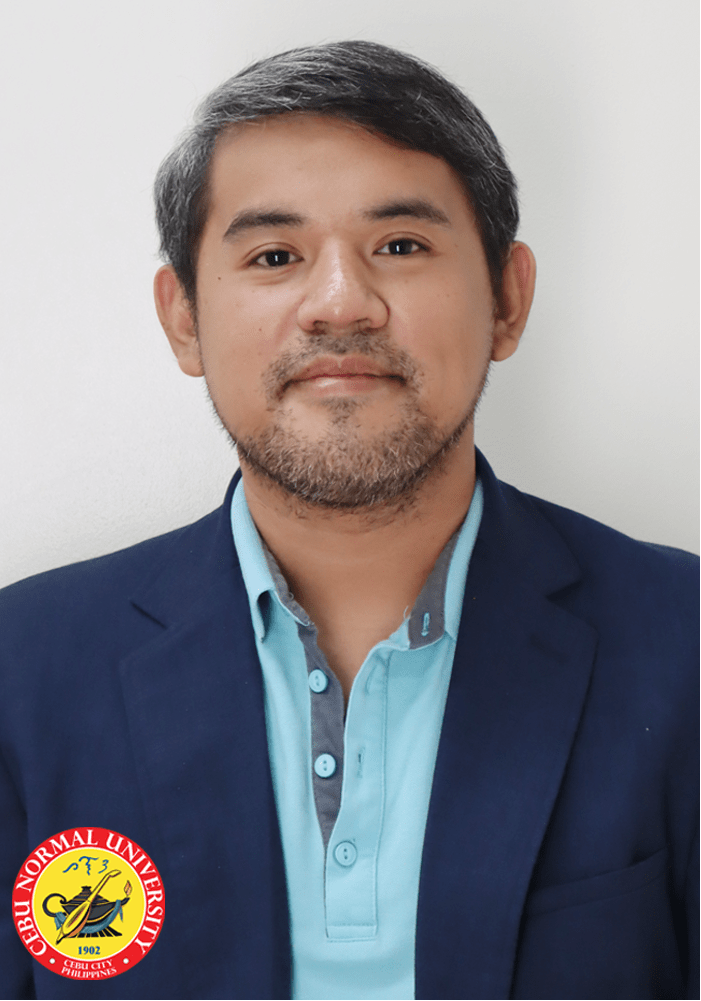
James Louies B. Un, MA
Director, Research Institute for Human Development Studies

The Research Institute for Culture and Heritage Studies is an interdisciplinary center dedicated to the preservation, study, and promotion of the cultural heritage of Cebu, Visayas, and the Philippines. The institute aims to address modern challenges such as urbanization, climate change, and community development while safeguarding cultural assets. Through the integration of research, policy engagement, and community collaboration–along with the creative arts and kinesthetic practices–it seeks to explore how cultural heritage can shape social identity, support sustainable tourism, and inform public policy. The institute’s work serves as a crucial link between preserving cultural legacies and addressing the socioeconomic realities of contemporary society.
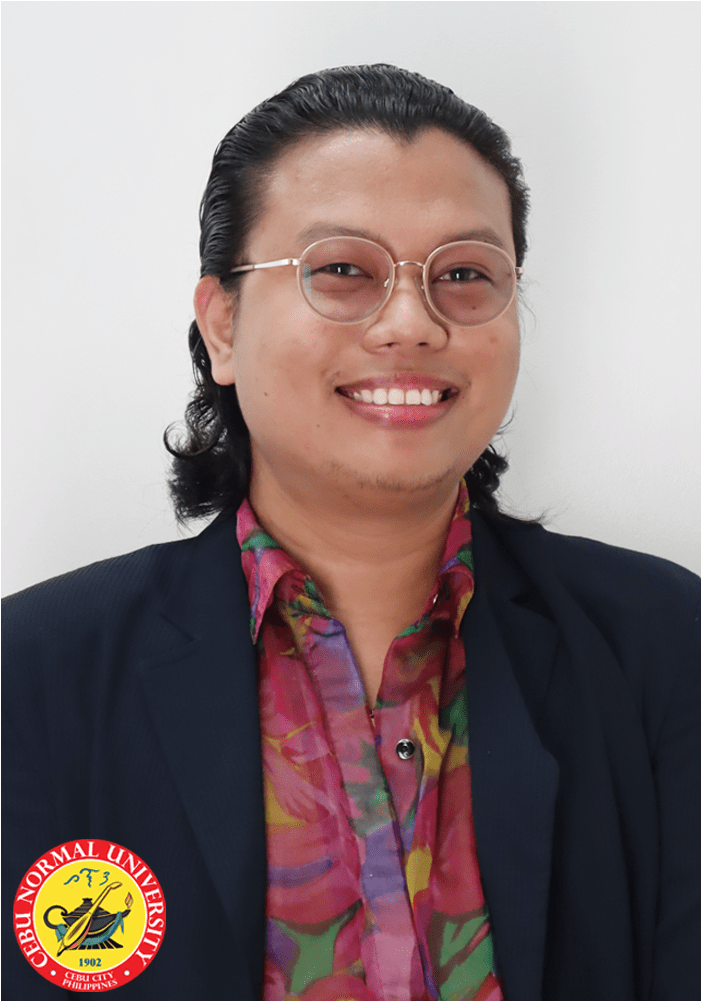
Elvin E. Ruiz, MA
Director, Research Institute for Culture and Heritage Studies
.png)
The Research Institute for Filipino Studies is focused on advancing the understanding of Filipino identity, language, culture, and social practices. By incorporating creative arts, expression, and kinesthetic activities, RIFS seeks to deepen the appreciation of Filipino cultural heritage and identity while addressing contemporary societal challenges. The institute’s interdisciplinary research draws from traditional practices and modern innovations, promoting Filipino identity through various forms of cultural and artistic expression. This approach creates pathways for cultural preservation and modern societal development, bridging the gap between past and present while offering innovative solutions to ongoing social issues.
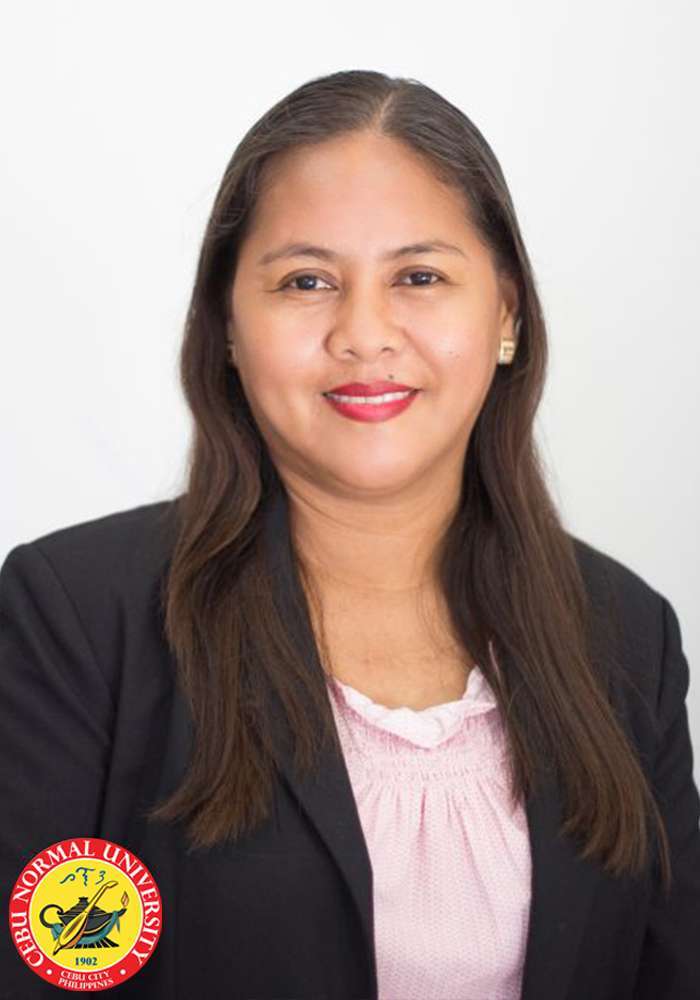
Rowena C. Largo, EdD
Director, Institusyong Pananaliksik sa Pag-aaral ng Filipino

The Research Institute for the Performing Arts and Creative Works advances innovation in artistic expression, creative works, and performance. Supporting other research institutes, the institute integrates performing arts with broader fields such as cultural preservation, social advocacy, and technology. The research focuses on human kinesthetics–how movement and physicality shape performance–along with creative practices and technological advances such as AI and augmented reality (AR). By promoting a value-chain approach, the institute aims to foster sustainable development within the creative industries while addressing pressing cultural and economic challenges in Cebu, the Visayas, and the Philippines.
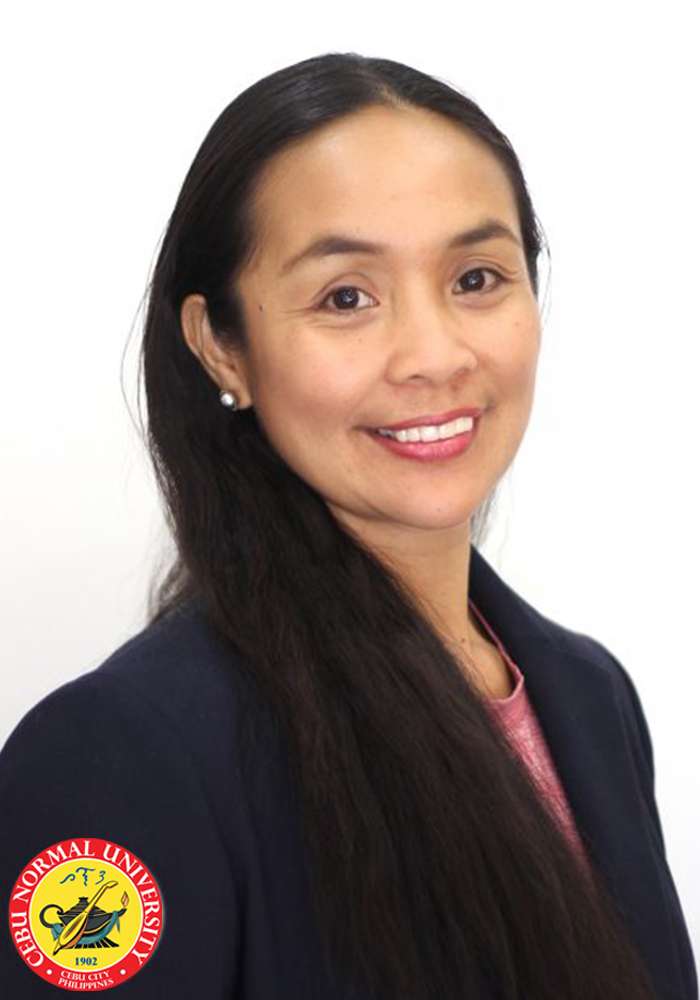
Ma. Rosita A. Hernani, PhD
Director, Artistic and Creative Works Institute
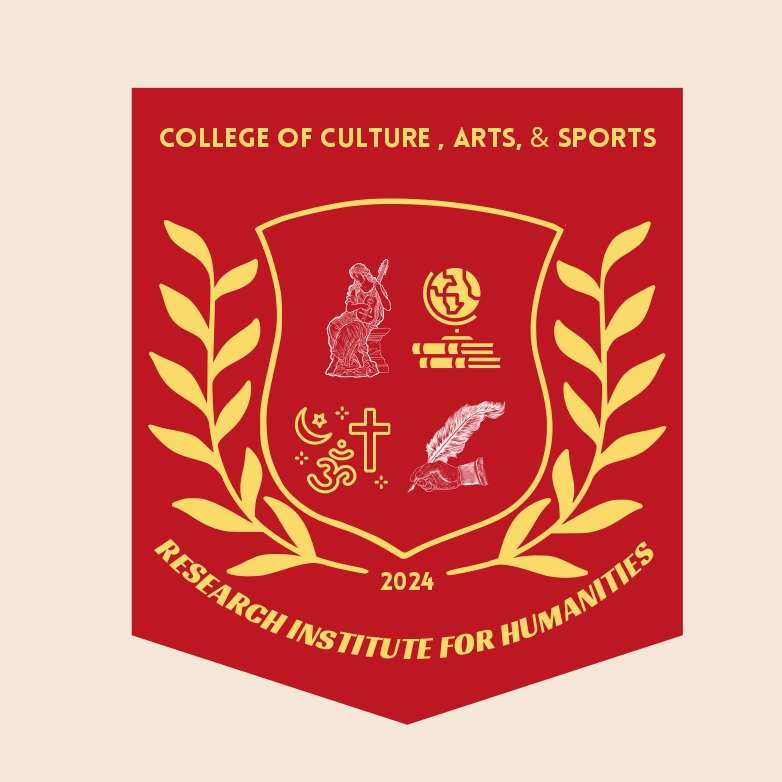
The Research Institute for Humanities supports interdisciplinary research that intersects humanistic values, cultural pluralism, Indigenous knowledge systems, and creative practices. The institute encourages research in Human Kinesthetics and Sport Sciences, Literary Creative and Performing Studies, Social Science, and Tourism Studies. Its mission is to foster critical thinking, ethical citizenship, and inclusivity rooted in the cultural diversity and indigenous heritage of Cebu, Visayas, and the broader Philippines. The agenda integrates creative arts and kinesthetic practices to address contemporary societal challenges while upholding cultural traditions and Indigenous knowledge, aiming to create equitable and just educational and social systems.
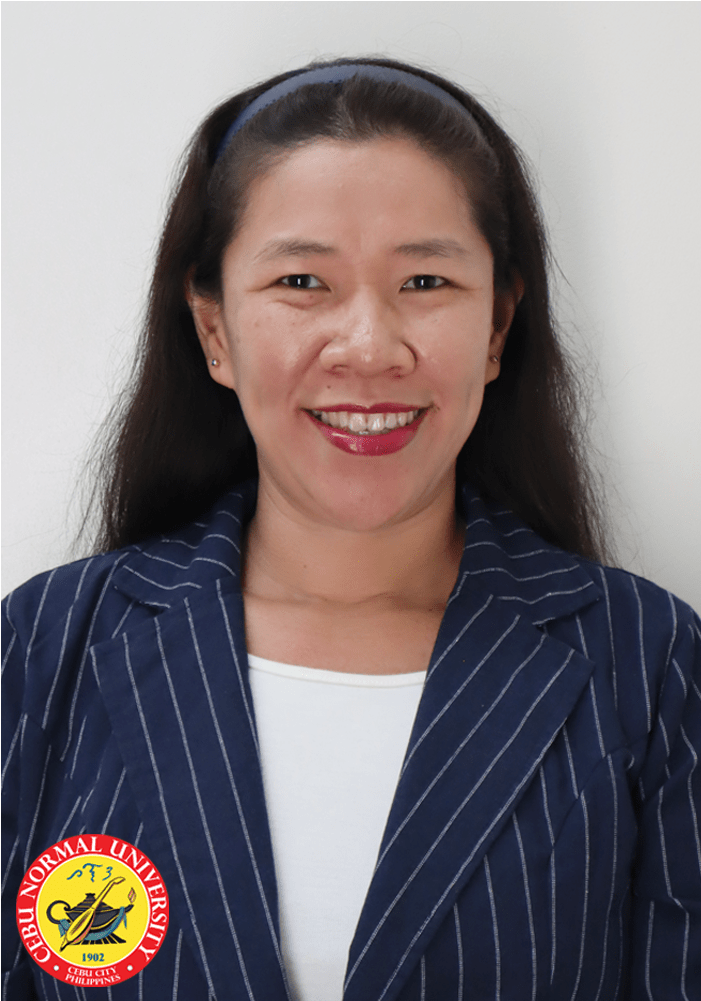
Doreen S. Inoc, EdD
Director, Research Institute for Humanities
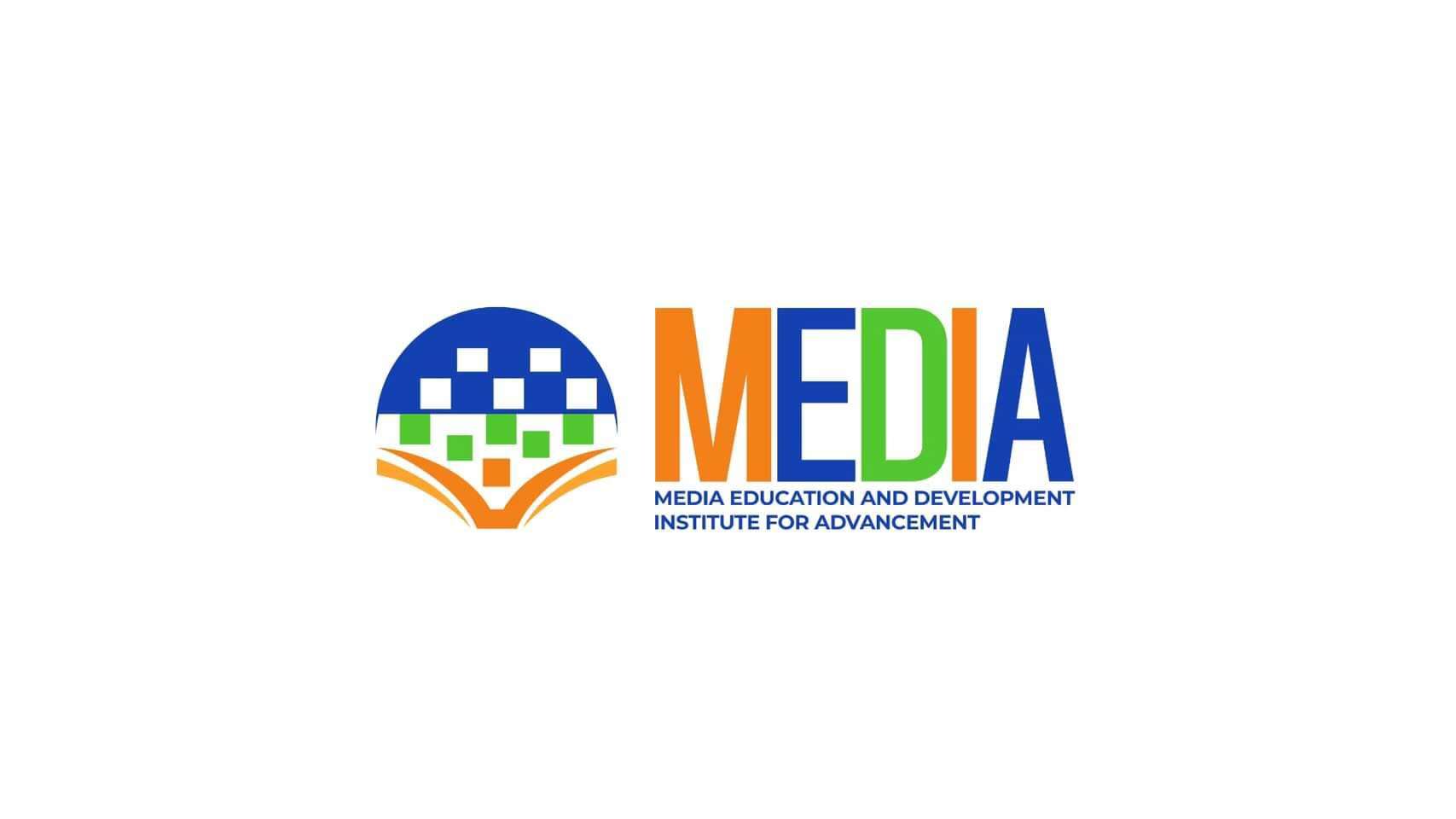
The Research Institute for Media and Development for Advancement focuses on promoting research in media literary, communication strategies, and technological innovation. The institute explores how media shapes public perception, addresses social issues, and drives technological progress. Integrating creative works and human kinesthetic activities, the research aims to enhance understanding of media’s role in society while promoting sustainable development, crisis communication, and intercultural dialogue.
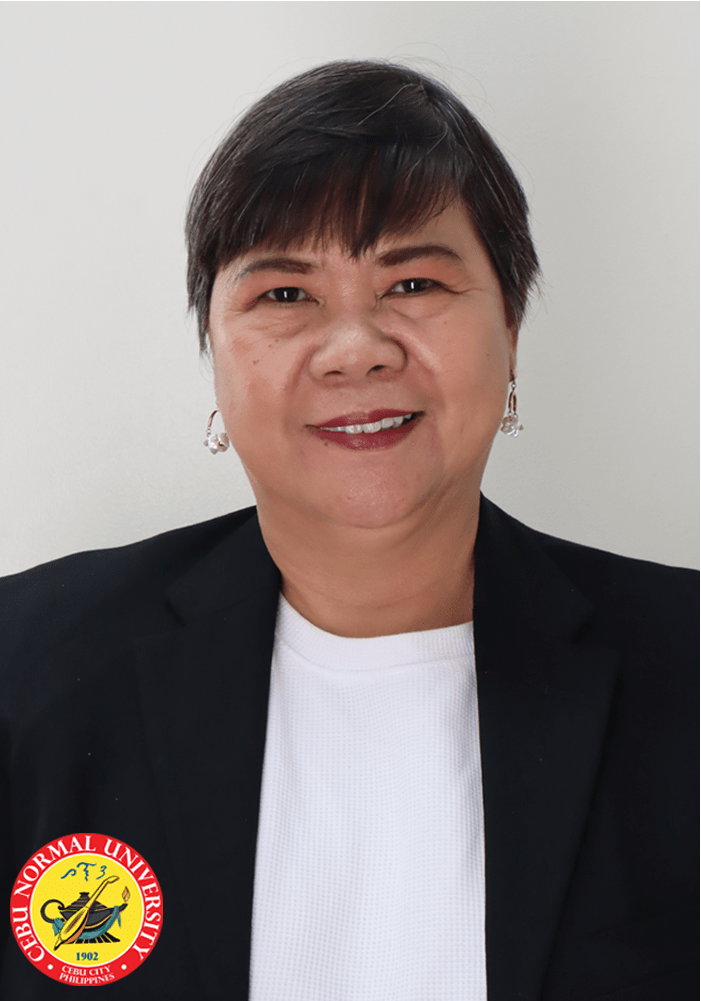
Corazon A. Prejoles, EdD, DA, JD
Director, Media Education and Development Institute for Advancement
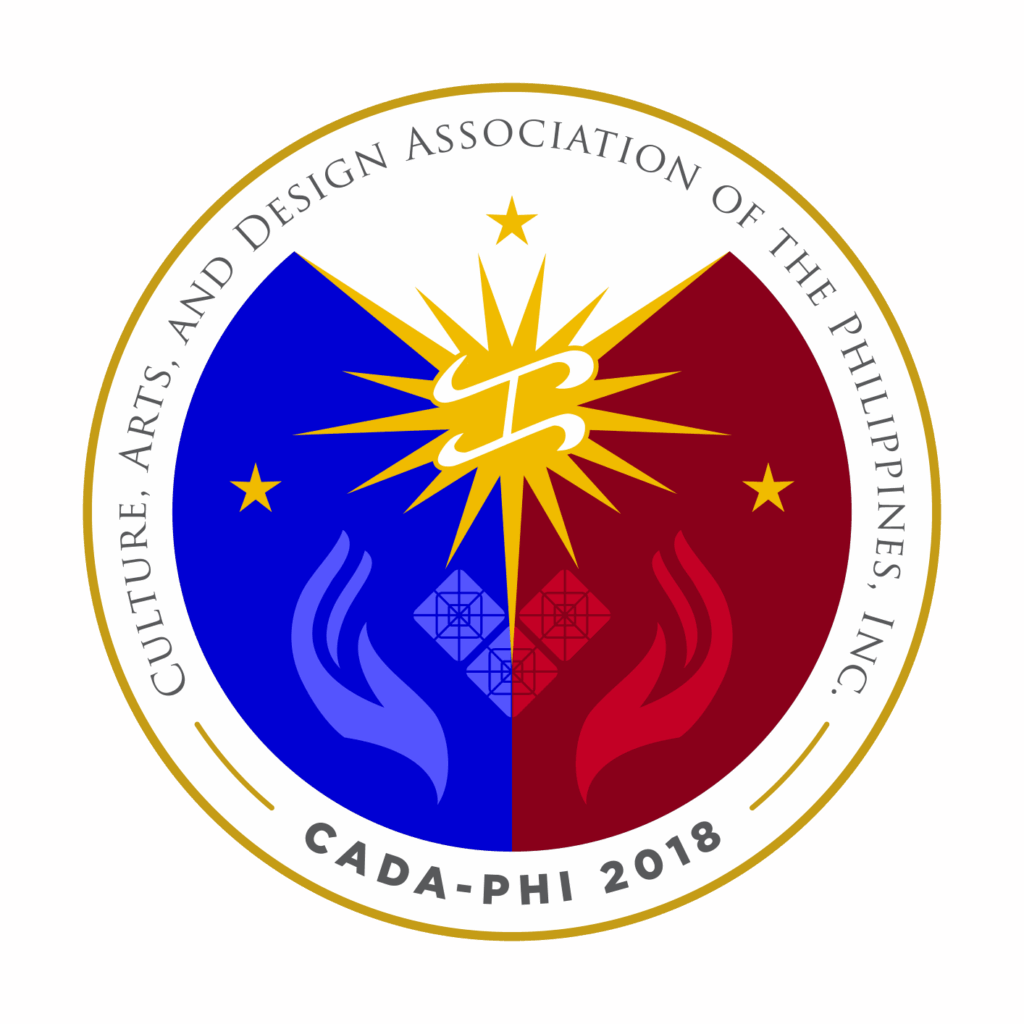
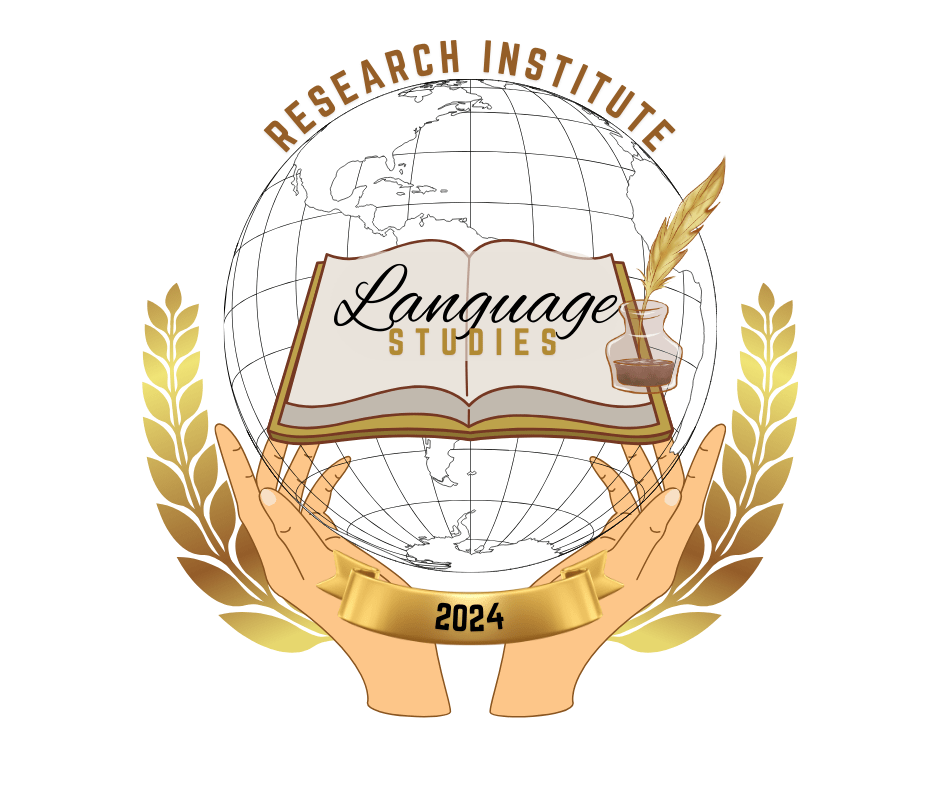
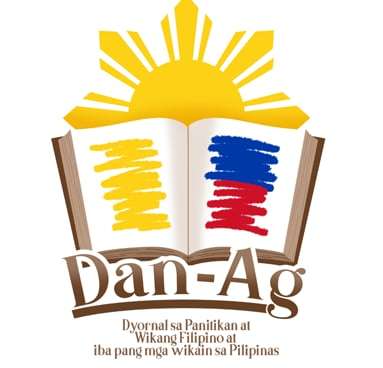
Research Journals

The Journal of Modern Human Development Studies (JMoHDS) is the official scholarly publication of the Research Institute for Human Development Studies (RHIDS). As a by-product of the institute’s commitment to advancing knowledge, JMoHDS serves as a platform for…

The Mugna: Journal of Performing Arts and Creative Works. This journal accepts research articles on physical education, dance, sports, and other topics related to physical education. This is managed by the Artistic and Creative Works Institute Research Institute and…

The Kabilin: Journal of Culture and Heritage. This journal accepts research articles on culture, arts, and heritage. This journal is managed by the Department of Literature and Cultural Studies and the Research Institute for Culture and Heritage Studies including the…

The Hunahuna: The Journal of Humanities. The Humanities journal accepts research articles related to fields of philosophy, history, art, music, art, and theater. This is managed by the Humanities Department and the Research Institutes for Humanities.

The Dan-ag: Journal for Filipino. This journal is intended for publication in Filipino-related studies, promoting the love for Filipino studies and the Research of Filipino identity. The Filipino Department and the Research Institute for Filipino Studies manage this journal.

The Panukiduki: Journal of Communication and Media Studies. This journal accepts research articles related to communication and media studies in the areas of print journalism, broadcast journalism, online media, and other related fields. This is managed by the…
Goals and Objective
Our Goals
The integral development of the individual toward fullness as a human being in a physical, intellectual, scientific, social, emotional, cultural, moral, and spiritual universality. With this end, the College shall commit to perform the following:
1. Strengthening faculty comparative advantage in research, innovation, extension, production, and publication through seminars, training, and mentorship programs.
2. Adopting activities and programs that measure the improvement of quality and excellence in culture, arts, and sports development among the stakeholders of the different academic departments.
3. Capacitating resource mobilization, culture, talent, and sports development that promote the healthy physical well-being of faculty and students.
4. Carving a niche for culture, arts, and sports development both in the local and international arena.
5. Accelerating the number of research publications, patents, trademarks, and utility models that enhance the productive endeavors of culture, arts, and sports enthusiasts.
6. Seeking better opportunities in mobilizing resources for projects and innovations of faculty and students that promote internationalization status, global ranking of the University, and employment of graduates.
Our Objectives
The attainment of a broad general education in the languages and letters, humanities, social sciences, culture, and sports for all degree programs through critical thinking relevant and dynamic citizenship development investigation, analyses, presentation of ideas based on solid data and study appreciation for human values, the arts, and cultural heritage, and development of desirable ideals, attitudes, and habits as a human being.
In achieving the goals, the College shall commit to the realization of the following objectives:
1. Increase faculty and student participation in research, innovation, publication, and community development per quarter;
2. Produce instructional portfolios that improve teaching, assessment, and reporting of students’ learning outcomes;
3. Apply theories, principles, and concepts in the degree programs through practical examples that shape a reconstructionist view of an evolving society in the country and abroad;
4. Generate new paradigms fit in the changing landscape of Philippine higher education, internationalization, research, and community development;
5. Align instruction and assessment with learning competencies and standards of the different degree offerings based on CHED circulars and memoranda, and other national and international organizations;
6. Write narratives and milestones of development in the successful operations and implementation of the different degree program offerings of the College as indicators of opportunities and success;
7. Analyze strengths, weaknesses, opportunities, and threats of the College, and the different academic departments in the planning, implementing, and evaluating their degree program offerings; and
8. Set dynamic parameters for better opportunities and success in the operations of the degree programs by the regulatory agencies and entities to ensure quality implementation.
Our Story
Shortly after Dr. Daniel A. Ariaso, Sr. assumed office as the 6th University President of CNU in August of 2023, a new set of administrative officials were designated. Dr. Alex Y. Tiempo, a professor from the Social Sciences Department became the new dean of CAS. A month later, the CNU Organizational Structure was revised under the new administration.
The university adopted the Revised Organizational Structure of 2023 as approved by Board Resolution No. 123, Series of 2023. As a result, three new colleges which were formerly from CAS were created:
1. College of Culture, Arts, and Sports (CCAS),
2. College of Computing, Artificial Intelligence, and Science (CCAIS),
3. College of Law, Public Governance, and Safety (CLPGS). Following such reorganization, CAS ceased to exist and Dr. Tiempo was designated the first Dean of CCAS.

